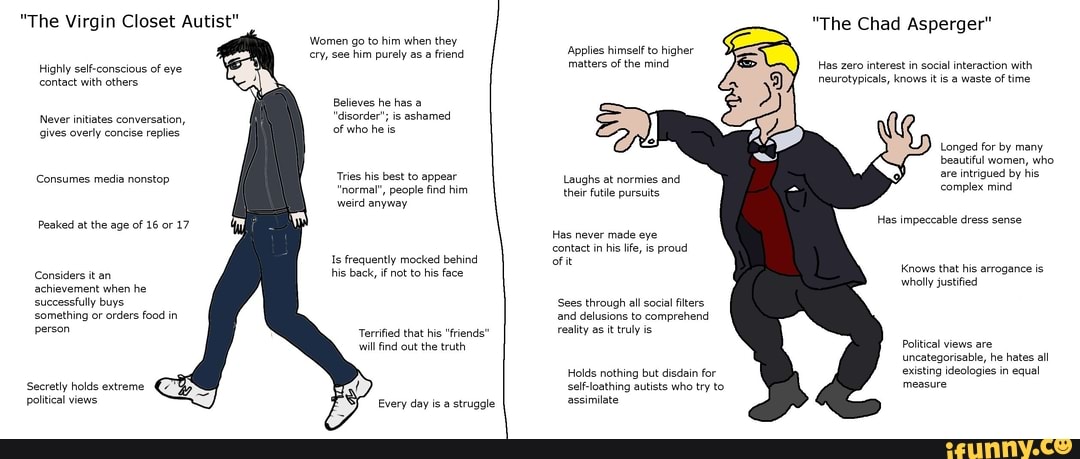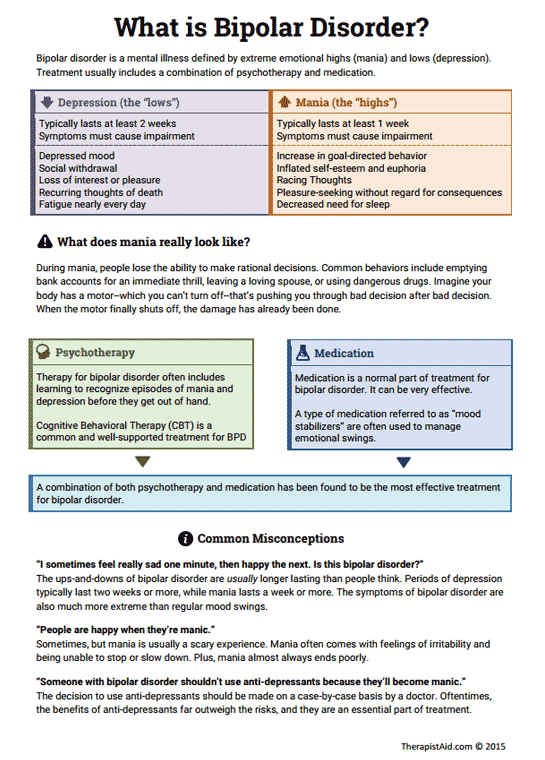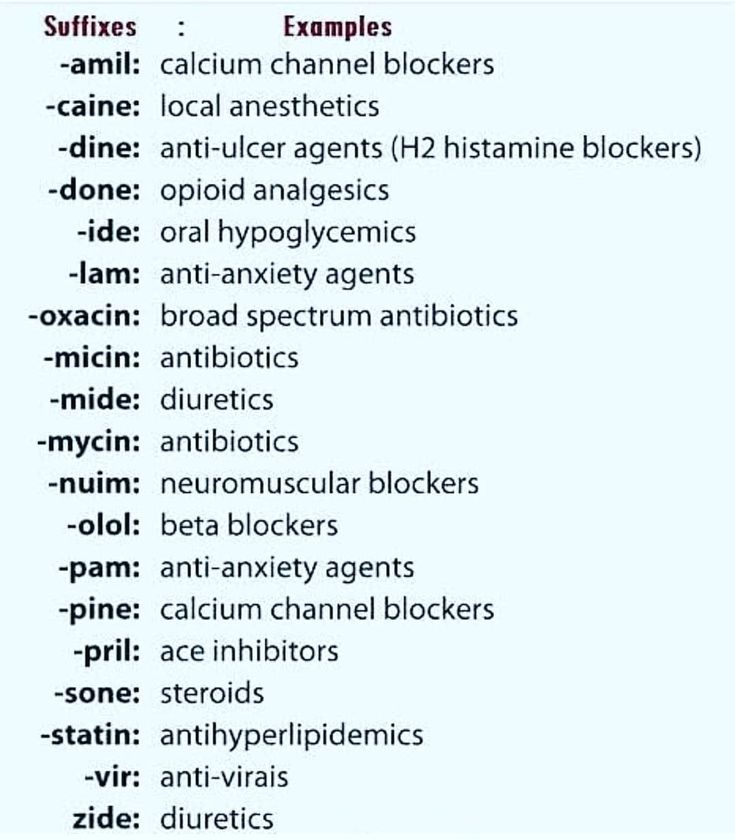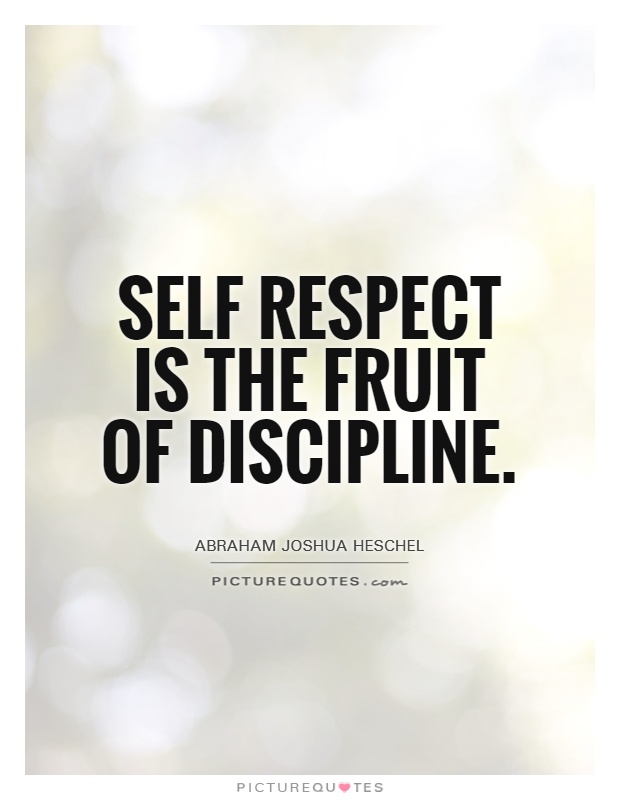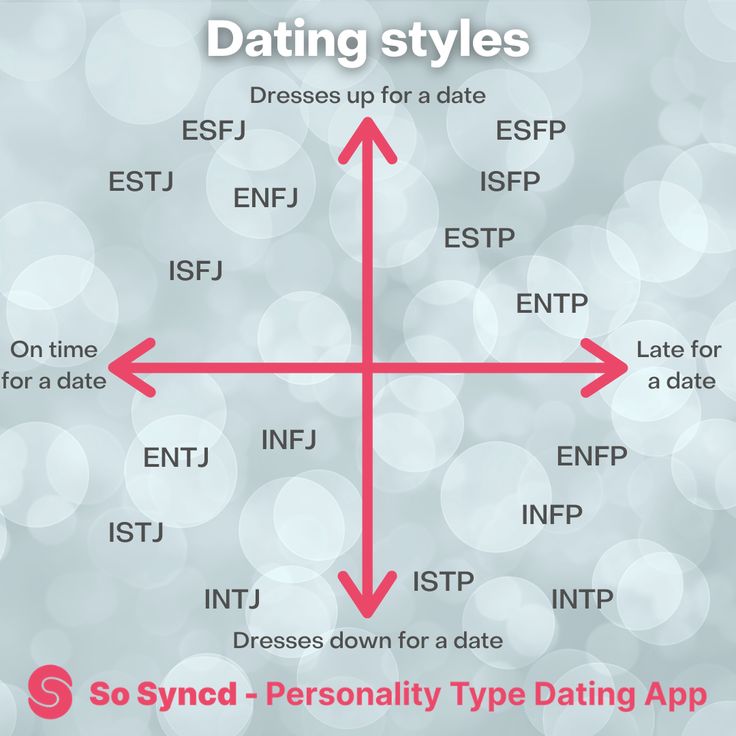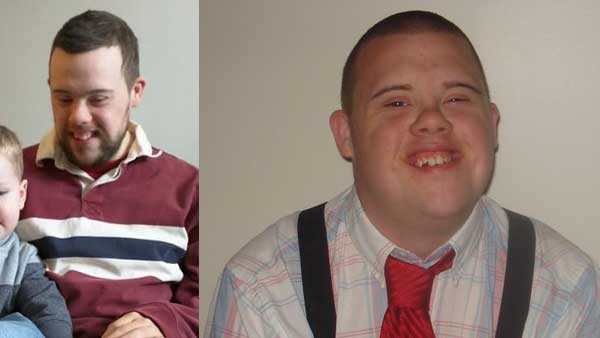Does he have aspergers
Does Your Man Have Aspergers?
“I just don’t get him.”A little while ago a client of mine walked into my office. She was completely distraught over the demise of her relationship with her boyfriend. “He was so perfect in so many ways,” she said “but anytime I wanted to talk to him about anything important or emotional, he completely shut down.
He’d stop talking in the middle of a serious conversation and just stare at the TV for the remainder of the evening or pretend he didn’t hear me.” “I’m done for the evening,” he would say – as if this was supposed to suddenly make my feelings or hurt go away.
Aspergers in MenDoes Your Man Have Aspergers?At first glance, my client’s former flame may have just seemed like a typical male. Many men have issues communicating – and many resort to stonewalling or withdrawing when they sense acrimony. But, as my client began to delve deeper into the details of her romance, it was very clear that she had fallen in love with a man who was on the Autism Spectrum – and perhaps didn’t know it.
Autism Spectrum Disorder (ASD) is a neurodevelopmental disorder characterized by difficulties socializing, narrow or obsessive interests, compulsive adherence to rituals and routines, and communication problems.
In 2013, more “high functioning” autism disorders such as Asperger’s Syndrome were incorporated under the same Autism Spectrum umbrella – to aid a more comprehensive range of characteristics that autism can reflect.
For many who have a mild case of High Functioning Autism or Asperger’s – detecting or diagnosing their disorder may be difficult. Many individuals with ASD have high IQs and have learned socially appropriate (“normal”) behaviors over the years.
Some “undiagnosees” may take acting classes or study human behavior, becoming expert charmers and even at times coming across as social butterflies when they know that the “cameras” are on. It is only their partners, left to deal with them in the aftermath of social interaction, who realize there may be more to their “idiosyncrasies” than what meets the eyes.
Many of these women have been purported to suffer from “Cassandra Syndrome,” a term coined by psychologist Tony Atwood to refer to women who suspect their partners have Asperger’s syndrome, but are disbelieved, thus suffering immense psychological and emotional distress in their search for help.
Here are a few ways to know if your partner might have Autism Spectrum Disorder and how to avoid Cassandra Syndrome:
“I feel like he was always lecturing me.”People on the spectrum have a tendency to go into long boring monologues on their special interests or opinions – and without an internal social meter to tell them they are not being well-received or are going on too long – they have a tendency to come across as one-sided and even sanctimonious in some cases. Many adults with ASD do not realize they are doing this and thus do not think it is a problem or a behavior they should change. Because feelings and emotions make them uncomfortable, they tend to intellectualize subjects (refer to books and studies) which may make them come across as cold and unfeeling.
Because feelings and emotions make them uncomfortable, they tend to intellectualize subjects (refer to books and studies) which may make them come across as cold and unfeeling.
Most individuals on the Autism Spectrum have a difficulty anticipating the needs of others because of something called “mind-blindness,” an inability to place oneself in the shoes of others and anticipate their emotional state and thought processes. This results in many partners feeling alone and misunderstood in the relationship, like they are constantly having to pull answers and information out of their significant other unless they topic of conversation is on a “special interest.”
“He doesn’t want to get therapy.”Many people on the spectrum suffer from “alexithymia,” which is an inability to place, identify the source, and distinguish one’s feelings. Because of this communicative “feeling deficit,” many with ASD prefer facts, numbers, and statistics instead of discussions structured around “emotion.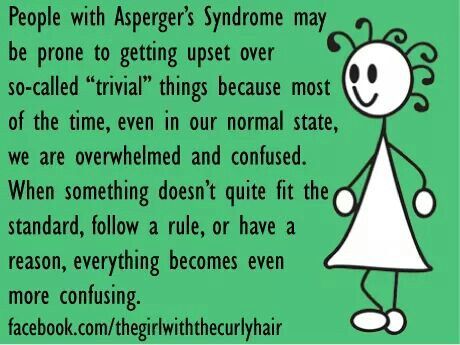 ” Many will reject therapy as they find it conceptually difficult to leave behind their world of logic, ration, and equations into unchartered emotional territory.
” Many will reject therapy as they find it conceptually difficult to leave behind their world of logic, ration, and equations into unchartered emotional territory.
“
You might think he is successful, but he doesn’t think he is.“Many individuals on the spectrum have difficulties in their transition into young adulthood and professional environments, as many jobs involve playing corporate politics and navigating social interactions with grace and poise. People on the spectrum, on the other hand, don’t have much patience for small talk and may find corporate bonding events (like bowling night) torturous. As a result, it may have taken your significant other a while to learn the intricacies of the professional world. His career is probably a sore subject for him and he may feel he is not as successful as he should have been – given how difficult the climb to the top may have been because of his socialization difficulties.
“We never do anything spontaneous. He gets anxious when plans change.”
He gets anxious when plans change.” People on the spectrum love information. They love routines. They love being able to predict what happens next. Since there is no internal dialogue helping them read social cues for answers, they rely on facts and prompts from others to make sure they have control of the situation. My client once planned a surprise birthday party for her boyfriend – which he walked out of immediately upon arrival. If your partner suffers from autism, “surprises” might cause him more duress than excitement. Spontaneity is usually something partners must give up in order to maintain peace in their relationship.
“He was obsessed with airplanes.”If your partner is on the Autism Spectrum, there is a good chance that he has a few interests that he is extremely passionate about – almost to the point of clinical obsession. My client recollects stories of her boyfriend staying up all night when he received a new book on his special interest or if he discovered something online about it that he hadn’t previously known. Sometimes, she felt that the interests were more important than their relationship as her partner would spend his free time researching the interest, instead of spending time with her.
Sometimes, she felt that the interests were more important than their relationship as her partner would spend his free time researching the interest, instead of spending time with her.
Many individuals on the spectrum do not approach romance in a “neurotypical” way. If he has told you at one point that he loves you – he may not feel the need to articulate this again unless his feeling have changed. For partners who are not on the spectrum, they often view verbal and romantic reassurance as a necessity in a relationship, while individuals on the spectrum view excessive validation as unnecessary since they believe that love should be measured in actions (concrete) rather than words (abstract).
“Our sex life was far from normal.”Many people on the spectrum have sensory issues – bright lights, loud noises, and even touch (especially light touch) can be hard to them to handle. As a result, having intercourse can present challenges.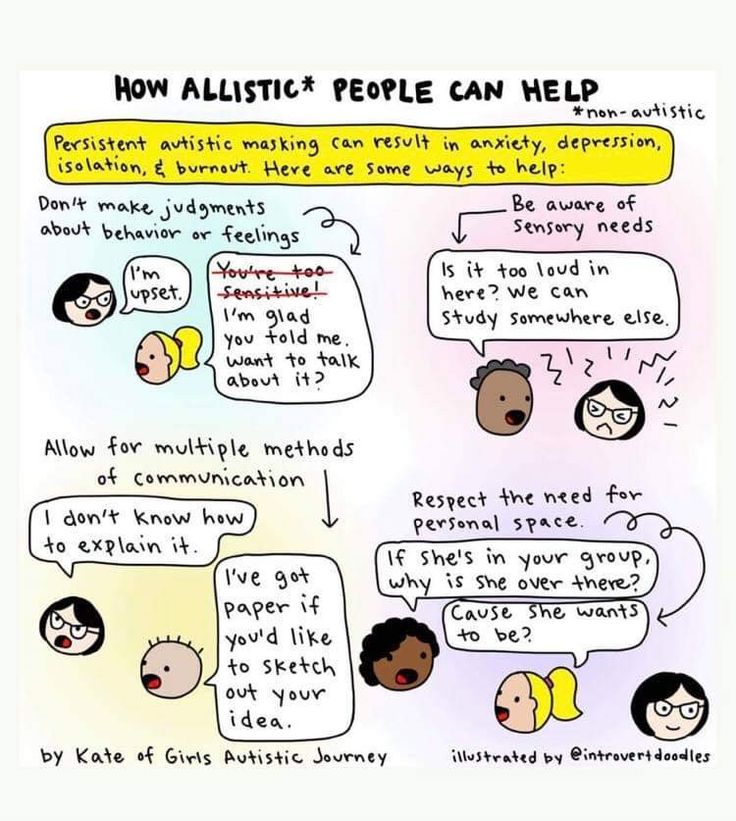 My client often said that after spending the evening out with her ex, she would want to go straight to the bedroom but her partner would often insist on completing his thirty minute bedtime routine which “killed the moment.” Similarly, her partner had issues with initiation and she often complained of having sex in the same way. Any discussion of “change” would make him feel inadequate and impact his ability to perform. As a result, she felt she had to keeps her needs, desires, and sexual dissatisfaction a secret.
My client often said that after spending the evening out with her ex, she would want to go straight to the bedroom but her partner would often insist on completing his thirty minute bedtime routine which “killed the moment.” Similarly, her partner had issues with initiation and she often complained of having sex in the same way. Any discussion of “change” would make him feel inadequate and impact his ability to perform. As a result, she felt she had to keeps her needs, desires, and sexual dissatisfaction a secret.
Many people on the spectrum have often been accused of “not having a filter.” Despite being hypersensitive to criticism themselves (mostly because ASDs are expending a lot of mental energy trying to act “normal”), their brain is primed to concentrate on details and inconsistencies. You may have spent all day doing your nails, but your ASD partner will only comment on the tiny chip on your pinky finger or that you need botox or microneedling for your skin. Usually, these comments are not meant to hurt their partner – to the ASD brain, they’re simply just stating “facts,” even if they come across as insensitive to a neurotypical.
Usually, these comments are not meant to hurt their partner – to the ASD brain, they’re simply just stating “facts,” even if they come across as insensitive to a neurotypical.
My client used to quip that in order for her relationship to survive with her partner, she would need “separate bedrooms and separate bathrooms.” This way her partner could always feel like he had the freedom to leave, decompress, and recollect his energy without any interruptions. This may seem strange to a “neurotypical” as traditionally, married couples share bedrooms and sleep together – but many have learned to accept that in a relationship with someone with ASD – recovery time is necessary to keep their partner from becoming overstimulated and prevent a possible tantrum or meltdown.
It’s important to remember that Autism Spectrum Disorder is a spectrum – and no two cases of autism are identical, but there certainly are similarities.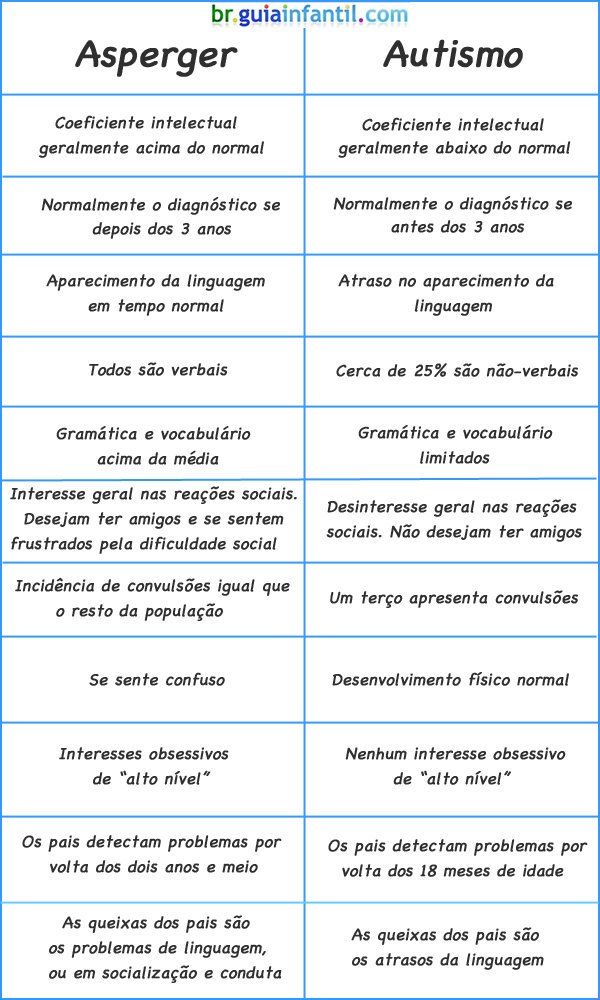 All relationships are frustrating and require hard work, but these challenges can be more pronounced in a courtship where one of more partners is simply not wired to inherently understand others and their feelings. The good news is the brain is plastic and over time (even if it takes a very, very, very long time) new behaviors can be formed and people can learn how to better serve their partners.
All relationships are frustrating and require hard work, but these challenges can be more pronounced in a courtship where one of more partners is simply not wired to inherently understand others and their feelings. The good news is the brain is plastic and over time (even if it takes a very, very, very long time) new behaviors can be formed and people can learn how to better serve their partners.
Here are some tips on how to have a successful relationship with someone on the Autism Spectrum:
Get him diagnosedTell him Bill Gates and Mark Zuckerberg (definitely) probably have Aspergers, as does much of Silicon Valley and Wall Street. To start have him take this online test we offer free. Then if he shows enough symptoms, book an appointment for neurospychological testing. This in-depth assessment will tell him conclusively if he is on spectrum or not.
Show him the ‘numbers’Current statistics for Asperger’s marriages say that divorce rates can run as high as 80%.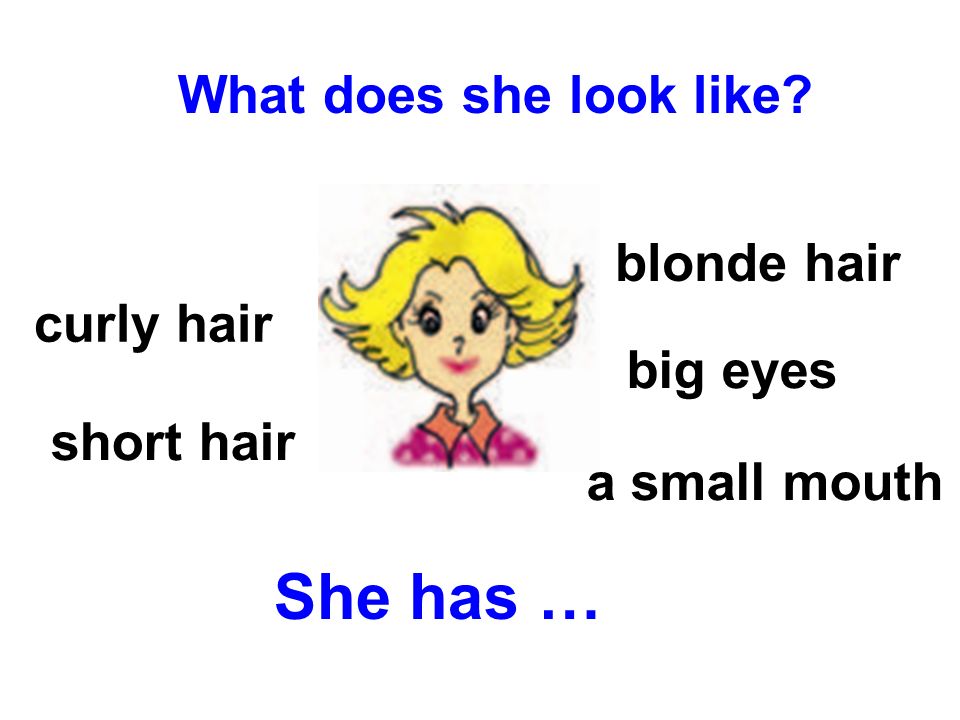 Finding a trained and experienced psychologist, who has dealt with relationships involving individuals on the spectrum, can vastly assist and increase the chances of a relationship being successful. Becoming educated on Autism Spectrum Disorder and developing an in-depth understanding of how it affects relationships will better serve both partners in maintaining a happy bond.
Finding a trained and experienced psychologist, who has dealt with relationships involving individuals on the spectrum, can vastly assist and increase the chances of a relationship being successful. Becoming educated on Autism Spectrum Disorder and developing an in-depth understanding of how it affects relationships will better serve both partners in maintaining a happy bond.
We offer therapy and treatment specifically for people with Aspergers.
Try to find hobbies to take up while he decompresses While many behaviors can be learned and unlearned, some things about your ASD partner will remain consistent over time. Conflict and acrimony will always be a source of severe stress for him. Holiday gatherings are most likely a form of torture. Video games may help him relax – even if he seems too old to be playing them. Be sure to remember that his time to decompress is not a rejection or withdrawal from you, it’s simply a time to “reset” so he can return to his “best self.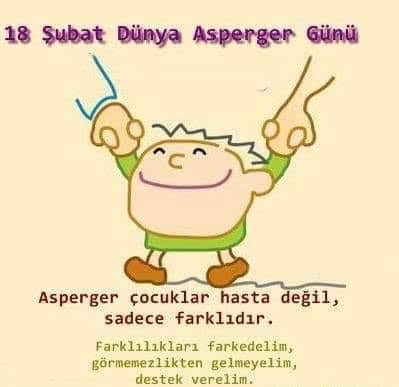 ”
”
Many people have found that finding support groups in their area have tremendously helped them cope with some of the issues of ASD relationships. You can find these groups in your city on sites like www.meetup.com or solicit the help of others in forums such as www.wrongplanet.net.
Try to focus on the things he or she is good at rather than the things they’re simply not wired to be good at.One of the benefits of being in a relationship with someone with ASD is that they are exceptional at certain things, though this varies from partner to partner. My client often recollects the way that she studied English literature in college and often dreamed of a man who could recite Shakespeare without faltering – and her mate had all 154 sonnets memorized. Remembering these special facets of your partner can help when you feel particularly frustrated in your relationship.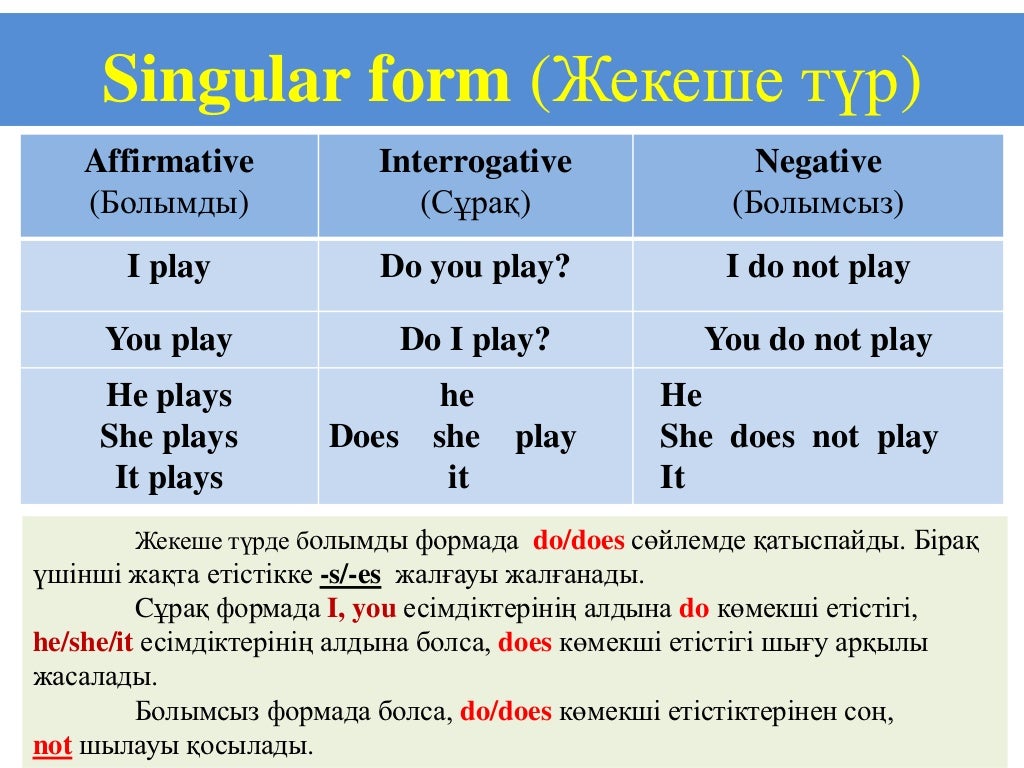
People on the spectrum have difficulty anticipating the needs of others. While this organic anticipation might seem romantic in movies and novels, someone with ASD will most likely fail at a task (such as picking a present) without being given specific instructions. Exercising straight-forwardness will most likely solve and relieve a lot of stress in your relationship.
Practice self-acceptance and forgivenessPerhaps the most redeeming thing about falling in love with someone on the spectrum is being around someone who simply does not register or care for convention the way the rest of society does. They are not “disordered,” they are just different – and different is beautiful in its own way. Remembering to accept yourself and your flaws – and extending this to your partner can be a wonderful way to grow and heal on our journey through life and love.
George Sachs, PsyD is a clinical psychologist in Manhattan and founder of the Sachs Center.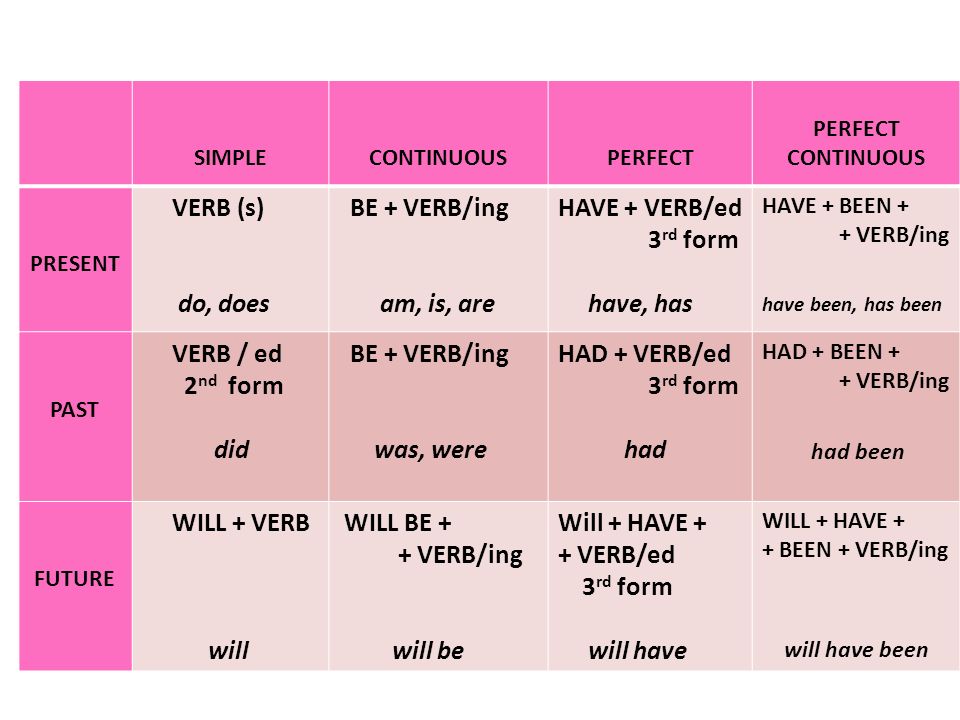 He specializes in the testing and treatment of ADHD and Autism in children and adults. He uses a holistic approach for treatment, which includes therapy, diet, exercise, medication if needed and neurofeedback training. He also has an online program for adults with ADD. Dr. Sachs has appeared on NBC, CBS, and Vice TV. His books are sold on Amazon.
He specializes in the testing and treatment of ADHD and Autism in children and adults. He uses a holistic approach for treatment, which includes therapy, diet, exercise, medication if needed and neurofeedback training. He also has an online program for adults with ADD. Dr. Sachs has appeared on NBC, CBS, and Vice TV. His books are sold on Amazon.
Contact Us
Could Autism/ASD Be a Cause of Your Relationship Difficulties?
If you are trying to understand why you are suffering from ongoing relationship difficulties and are wondering if Autism might play a part, this blog article should help.
As we all know, relationships can be difficult and complicated at times, but when one partner has Autism, many more difficulties usually arise. That’s because ASD/ASC is primarily a social-emotional-communication difference.
Being able to express your emotions and be emotionally supportive of each other is the lifeblood of a healthy relationship. This can be difficult though, if you are in a neuro-diverse marriage, and over time you can both run out of energy trying to deal with these challenges.
To make things even more difficult, the tools and strategies that “garden variety” couples find helpful often don’t work for you in a neuro-diverse relationship.
I will start with what it feels like to be a neurotypical partner with an Aspie, and then also talk about what it feels like to be a person with Autism or Aspergers in a relationship with a neurotypical person. I’ll then describe how the relationship usually progresses, the challenges that can happen along the way, and then how your relationship can be helped.
Just a note, in the past Asperger’s disorder was considered a “mild” type of autism, but since 2013, when a new classification called Autism Spectrum Condition/Disorder (ASC/ASD) was created in the DSMV, Asperger’s is no longer a correct clinical term, but is now included in the Autism Spectrum. However, many still refer to the term to differentiate “high functioning” Autism from more evident types of Autism.
Is my partner Autistic? Here are 55 relationship clues.

Here is a 55-point questionnaire we have created that will help as a starting point. It is important to understand that Autism has a very diverse set of symptoms and no two individuals will be alike. But the more of these points that you feel fit your relationship, the more likely that ASD can explain your particular set of difficulties.
If you find that 40 or more of the below clues seem to apply, then your partner could be on the Autism Spectrum.
For ease of expression, I will use the term “he,” but this could equally refer to “she”.
- Your relationship had a passionate start, but the passion dwindled quite quickly when you started living together
- Your partner can often engage in long-winded conversations that are often one-sided
- He may have difficulty putting himself in someone else’s shoes and empathising
- He often needs many periods of solitude and quiet time
- He tends not to understand the nature of give and take in a conversation
- He can often seem to be self-absorbed
- You often feel emotionally deprived in the relationship
- He often interprets words quite literally
- He has difficulty talking about his emotions, and so tends to avoid it
- He may have trouble making the connection between what you are feeling and what he has done or not done
- You often feel frustrated by not being able to connect on a deep and consistent level
- Even if you are physically together, there can feel like there is an emotional distance, which can leave you feeling lonely
- He can suffer from sensory overload at times
- He tends to shy away from public displays of affection
- You can often feel taken for granted by him
- He tends to demonstrate his feelings of love through his actions
- You can feel your best efforts in the relationship get very little in return
- He doesn’t choose to socialise much with his friends
- He can tend to be lazy in the relationship
- He may find it difficult to completely let go in sex
- He can have trouble engaging with you when you are talking about an emotional issue
- He gets defensive easily and the gentlest of conversations he can view as an attack or a criticism
- He may not tell you the whole truth
- He usually tends to put himself and his needs first
- You can sometimes find yourself in situations where you are shocked at how insensitive he is
- He can be altruistic and heroic, but sometimes when you expect him to come through for you, he may not be able to handle it
- He doesn’t tend to like pressure or expectations put on him
- In times of relationship difficulty, he tends to see you as the neurotic one
- He can sometimes have a hard time holding onto a job or seeing things through
- He feels more comfortable with structure and routine
- He finds it difficult having to answer to an alarm clock
- He can be excessive at lazy activities
- His aloneness or cocooning is essential for him
- Depression is a common state for him at various times of his life
- He can be very passive
- He tends not to be good at organising holidays or outings
- He is often not interested in your world, inner life or activities
- He tends to be socially withdrawn
- He can at times, cut you off and change the subject when you are mid-sentence
- He can keep you separate from his family and /or friends
- Even if he loves you and values your relationship, you may never get a commitment.
 He may worry he is not capable of being a good husband.
He may worry he is not capable of being a good husband. - He may marry because you want it and then often be half hearted
- He will be more comfortable with old friends and family than new ones
- He can acknowledge it’s good to have companionship, but it does create stress for him
- He can tend to live in his rational mind the most
- His conversations can often be surface level and brief
- You may find it difficult to cope with his anxiety and routines and not being able to be silly and frivolous
- The chances are he has never made any promises, unless you are married
- You find you have made more adjustments to him over time than he has to you
- You feel you are more a caregiver to him than an equal to him
- You may feel you are never number 1 for him. His special interest more often is
- You may feel you have to do more than an equal share of the household tasks
- Your relationship may be more practical than anything else
- He may deny there is a problem as he finds it difficult to empathise with what you are feeling
- You may feel isolated as no-one else understands what’s going on behind closed doors, and he seems normal to others outside the relationship
Those with Autism are at an inherent disadvantage in a relationship, but that doesn’t mean with guidance it is not possible to create a happy union. Each partner has very different and unique needs and these need to be taken into account.
Each partner has very different and unique needs and these need to be taken into account.
Our Hart Centre relationship psychologists across Australia have completed training by Tony Attwood, the leading Asperger’s expert in the world, so can help you navigate a relationship where one or both of you are on the spectrum.
Am I an Aspie in a relationship with a neurotypical partner?
Perhaps you think it might be possible that you have ASC/ASD and are in a relationship with someone who is Neurotypical.
Here are 33 questions to ask yourself that will give you clues in identifying this.
If you find that 25 or more of the below clues apply to you, there is a high likelihood that you are on the Autism Spectrum.
- You have had very few relationships in your life
- You are not sure you know what is expected in a relationship
- You really enjoy your solitude
- You have at least one interest you are very passionate about
- You appreciate having the opportunity to talk about your special interest
- You are easily stressed by social situations
- You tend not to talk about your emotions
- You tend to show your partner how much you love her by doing things for her
- You can have difficulty concentrating if the topic isn’t about your specific interests
- You can feel stressed by change or unpredictable situations
- You tend to like structure in your life
- It can feel great to settle into a relationship and not have to put so much effort into it winning her
- You feel easily overwhelmed when someone is talking about their emotions
- You can be socially shy
- It’s difficult for you to share all aspects of your life with your partner, and work towards shared goals
- Managing conflict is not your strong suit
- You tend to be more comfortable with old friends and family than with making new friends
- You don’t tend to like being silly and frivolous
- It can feel after a while in your relationship that your partner is often criticizing you
- You can tend towards being passive in your life
- You are not so good at listening to your partner
- You find your partner often seems obsessed with you showing her more affection
- You find it difficult and unnecessary to sense what your partner is feeling
- Making compromises doesn’t come easily to you
- You don’t like public displays of affection
- You don’t understand why birthdays and anniversaries are considered important
- Past partners have often left you
- You don’t feel comfortable with expectations put on you
- Being in the relationship can begin to feel very difficult and complicated
- You don’t tend to like making commitments to others
- Your partner can seem more and more moody, irrational and emotional over time
- You prefer to keep some things separate from your partner
- It can seem like your partner is making the relationship difficult for you
If many of these apply to you, then you may have found an explanation for why your relationship has had its particular challenges.
You will need to work together to understand and meet the needs of both of you and create a whole new structure for your relationship.
You may have already tried this with a generalist relationship counsellor without success, but because specific knowledge, understanding and strategies are needed for you, this is best achieved by seeing a specialist ASC/ASD relationship psychologist.
Please see below for locations of our Hart Psychologists
Should we get a diagnosis?
It is usually in the context of their romantic relationships that most adults with Asperger’s discover that they are an Aspie, because this is the context where the expectations on them are the most difficult to meet. Colleagues, parents, siblings and even children may consider them quirky, unusual or different, but will often not identify anything beyond this.
Diagnosing ASC/ASD, particularly in adults remains challenging as it is both a science and an art, requiring the trained eye of a specialist who has seen a wide variety of adults on the spectrum, and viewing a cluster of traits in the broader contexts of relationships, life history and life experiences. Add to this, the severity of traits can and do vary greatly with each individual, which adds to the complexity of diagnosis.
Add to this, the severity of traits can and do vary greatly with each individual, which adds to the complexity of diagnosis.
Clinical Neuropsychological testing is more commonly done with children and teenagers where special educational accommodations may be needed. But for adults, many are satisfied with having the expert opinion of a clinical psychologist or psychiatrist specialising in ASC/ASD, without the formalised testing procedure, or even self- diagnosis.
Please be advised, The Hart Centre’s psychologists do not offer a diagnosis for Autism, but we are happy to help you through your relationship difficulties.
Self-Diagnosing
More and more people are self-identifying as being on the autism spectrum. Many actually prefer self- diagnosis, because this can lead to them evaluating their strengths and weaknesses in the context of ASC/ASD, and it can help finally make sense of why they may have always felt so different from others.
There can be a great relief to know their alternate mindset is what makes them different, and they can actively seek out professionals and resources that will help.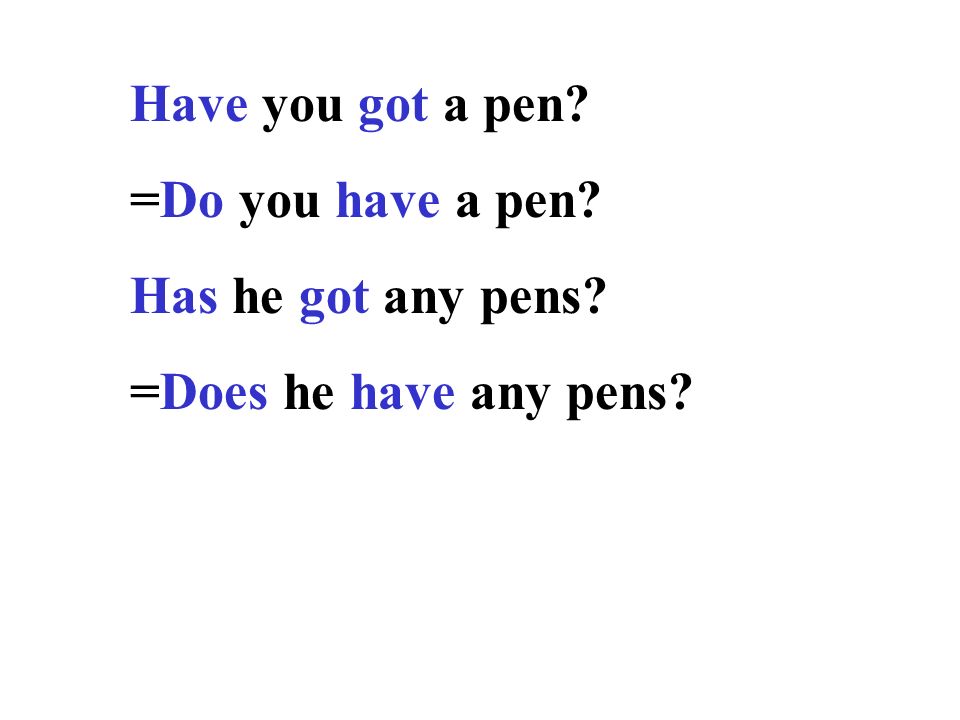
If you would like a more detailed diagnosis than our brief checklist listed here, you can try the AQ a 32 question quiz https://aspergerstest.net/aq-test/, or The Aspie Quiz a 100 question test. http://rdos.net/eng/Aspie-quiz.php
When you get the diagnosis
Having a diagnosis of ASC/ASD can bring about a huge paradigm shift for both partners.
For the neurotypical partner, it can help explain and put into perspective all, or almost all, of the relationship difficulties they have been experiencing, and she can now understand that for the most part, he has not deliberately been making things difficult.
For the partner with ASC/ASD, the diagnosis can bring about very mixed feelings. Sometimes he can deny or make light of the diagnosis, although at a deeper level he also realises that this does explain a lot of why he has felt so different to others over his life.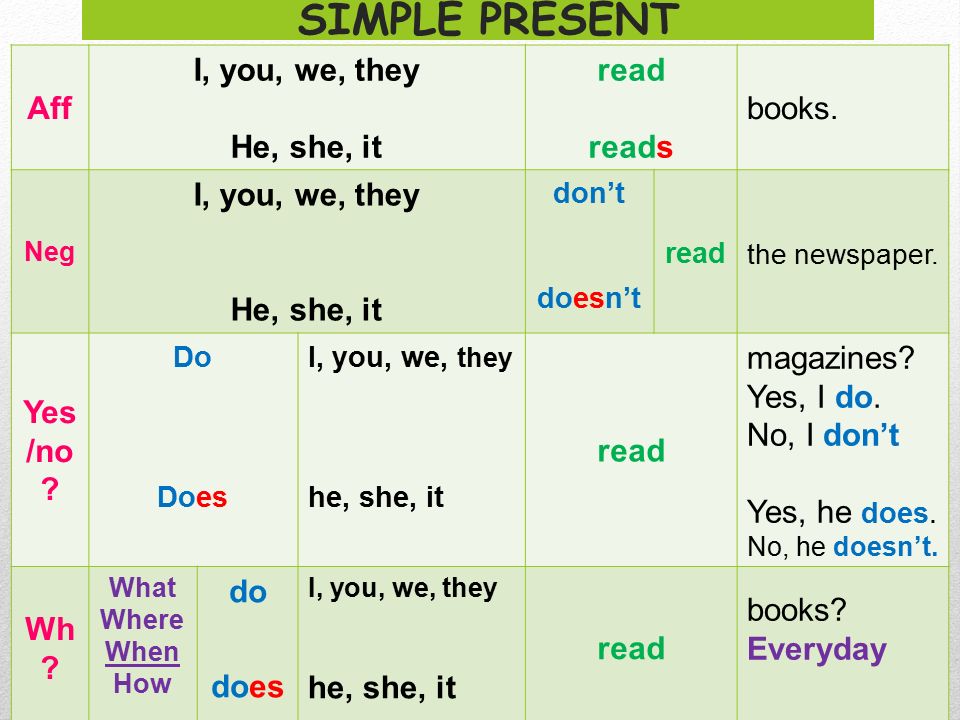
There can be a relief to discover that his brain is wired differently, and he may also realise that his partner isn’t to blame for their relationship challenges either, and that she hasn’t been too demanding or overreactive as he had previously thought.
Accepting the diagnosis can set them both on a course of new understanding and learning new strategies to help their specific relationship.
For the partner of the Aspie, this initial stage can often be followed by a stage of grieving for the loss of the partner she thought she had, and the loss of the typical marriage, but this grieving process can also bring hope.
As Eva Mendes, a US ASC/ASD relationship expert says ‘She may come to think “I now understand the way he is. I no longer feel like I am going crazy. It’s not what I thought my marriage would be, but I am interested in working on solutions”’, particularly if the positive aspects of their life together outweigh the challenges.
This is the time where a specialist ASC/ASD relationship psychologist is the most help, in assisting you in coming to terms with the discovery, in understanding each other more fully, and suggesting specific strategies to help both of you meet the unique needs of each other.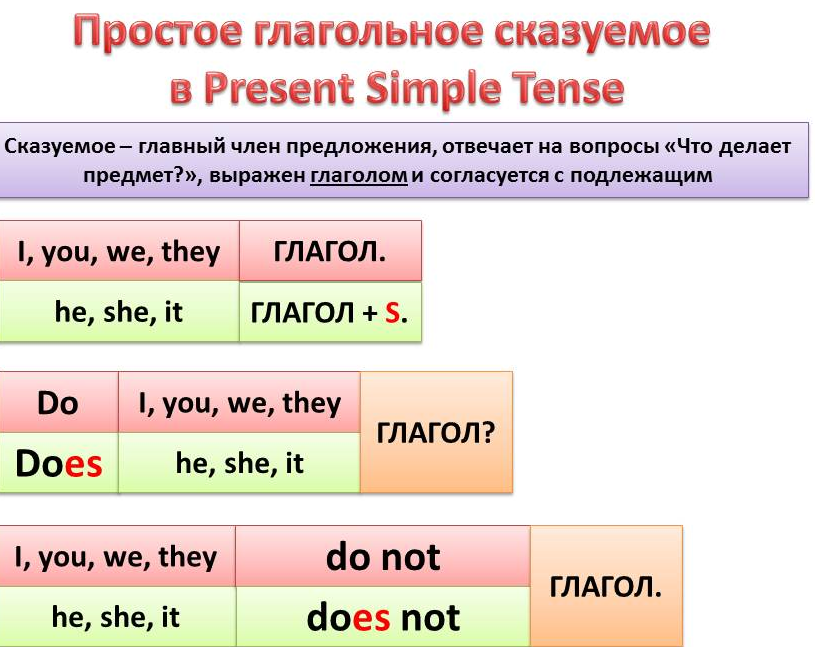
When you met, what attracted you to each other?
Tony Attwood has found that it is common for a new person meeting an Aspie to be impressed with his intellect and knowledge on topics, or his literary or artistic qualities.
Due to their giftedness in the areas of maths, science, technology, medicine, art, and music, many adults with ASC/ASD make highly desirable life partners.
He will often also be kind and thoughtful to his new partner.
In addition, he often offers a detail-oriented approach to problem solving, and a unique and interesting way of looking at the world.
Initially, he can appear to have a kind of “Peter Pan” type of character, often being good looking and attentive, and not suffering from a lot of relationship baggage, having not chosen to be in many relationships in his previous life.
When it becomes apparent that he is rather socially shy, the partner can often feel strong maternal and caring feelings for him.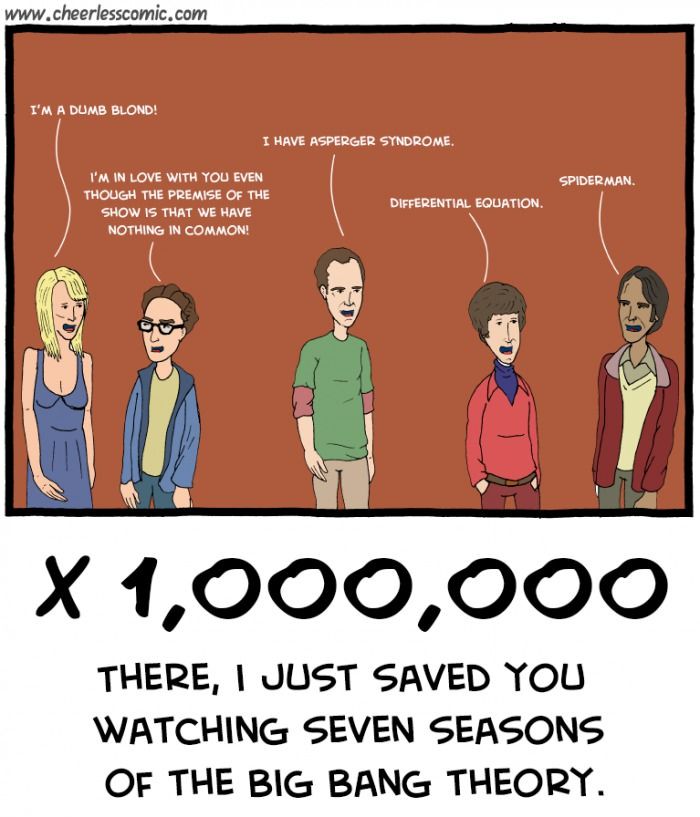
What kind of partners do Aspies usually find themselves with?
There are usually 2 very different kinds of partners a person with Asperger’s looks for, and finds themselves with:
Firstly, the less common option is a partner just like them – someone who works in the same industry as them, and/or who has similar interests, who also likes solitude and who likes talking about facts and information, rather than sharing more on an emotional level.
The second and more common choice of partner is a someone who is on the other extreme – a person who is exceptionally caring, affectionate, and nurturing, and with a natural maternal instinct. She/he moves effortlessly in social circles and can easily become a social interpreter for the person with ASC/ASD. She can also be a calming influence when anxiety and anger come up for the person with ASC/ASD.
What happens in a relationship with an Aspie
The relationship usually starts off beautifully with the neuro-typical partner feeling her partner is very attentive to her, eager to please her, and desires to be with her often.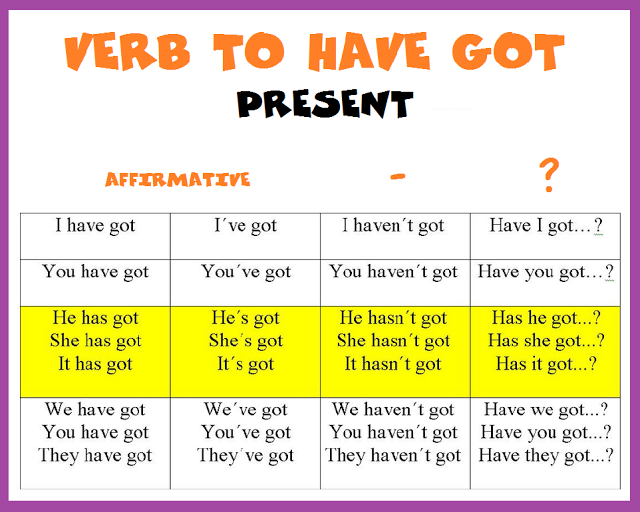 She feels very much appreciated and special in this new relationship.
She feels very much appreciated and special in this new relationship.
When an Aspie man finds just the right partner he is looking for, which may take him a long time, initially he will work very hard to make it work between them. He will put himself out and extend himself right out of his comfort zone to accommodate her wishes and desires.
However, he will not be able to keep up this amount of effort for very long, so once he feels he has secured her, and they have settled in, he usually relaxes back into his more normal ways.
The Disillusionment Stage
Once the couple start living together or get married, the initial romantic stage often comes to a very abrupt end, and this loss is felt very deeply by the neuro-typical partner.
She has no idea of how much effort and sacrifice he has had to expend to win her over and to have her as part of his life, and she is devastated when his attention then moves away from her and back to his special projects, especially as she has no inkling of why this is all happening.
This disillusionment stage happens in all relationships; but is often felt more acutely in a neuro-diverse relationship.
Once that initial intoxicating limerence stage has come to an end, both partners start to realise that their relationship is not what they each imagined, nor is it as fulfilling as they initially thought or hoped it might be.
The neurotypical partner may feel disappointed that their ASC/ASD partner appears to find more enjoyment from solitude, and being involved in their special interest, than from their company.
Added to this, the conversations that they are having are brief and more superficial than she would like, with the ASC/ASD partner having little interest in conversations with more emotional depth.
She discovers that where she expected him to become more emotionally attuned to her and interested in things that are emotionally significant to her as the relationship deepened, she finds that this is often not the case at all.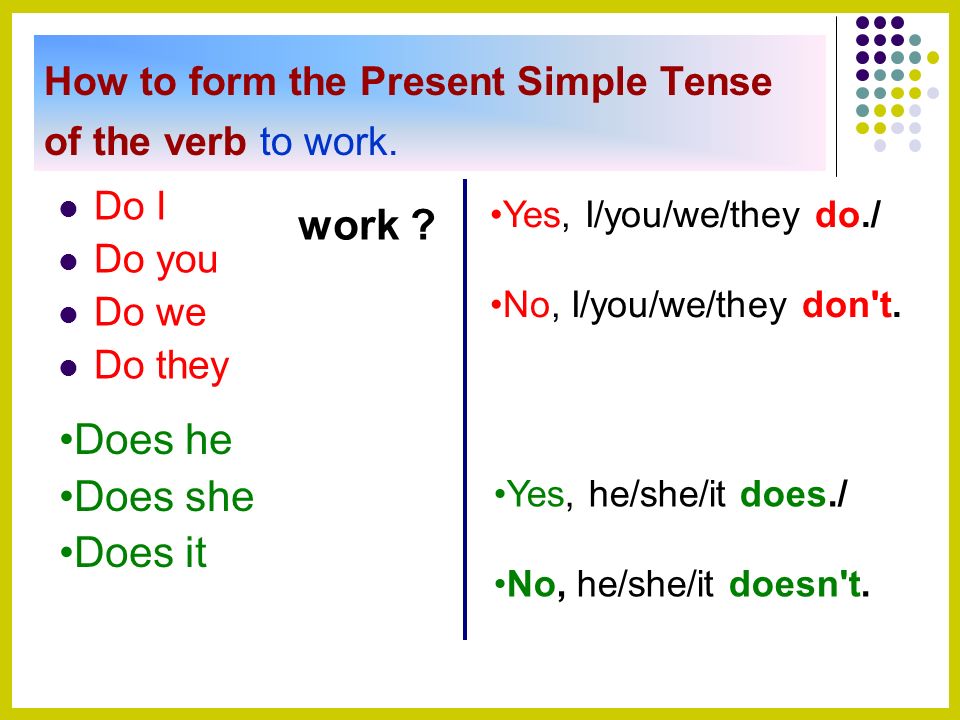
She may also find that he no longer expresses love and affection for her in the ways he did to start with, as if this is no longer needed. Whereas for her these are needs that remain through-out the entire relationship.
She can also find it taxing to need to adhere to his strict routines, perfectionism and bouts of anxiety, or rages against what seems like minor irritations.
She can also find over time, that she is becoming a micromanager of her ASC/ASD partner, with very little appreciation from her partner, and this can exhaust her leaving her feeling taken for granted.
For the neurotypical partner it can feel like she is expected to be his mother, giving unconditional acceptance and support without receiving anything similar in return.
In addition, she can find that there’s times when she just wants to have fun, and perhaps be a bit silly and frivolous, but he’s never up for that. Nor is he interested in having fun socially either.
As a way of coping with these stresses, she may go through a change where she tries to become more like her Aspie partner, taking on similar values, lifestyle and thinking in order to cope, but this is usually an unsuccessful coping strategy.
As a result of all these things, the neurotypical partner often finds herself feeling emotionally neglected or rejected and undervalued.
The ASC/ASD partner can also start feeling that his relationship is not what he thought, but usually this takes a little longer for him.
Having not had much experience in relationships, he can find himself in a complex world where he feels overwhelmed with what seems to be expected of him.
Usually, he has not had much experience or practice at the basic relationship skills of seeking to understand another’s view, resolving conflict in a way that honours both persons needs, making compromises and sharing responsibilities, so these can seem overwhelming.
He can become increasingly aware of not living up to the expectations that his partner has of him in the relationship.
He unintentionally trips up in things he says or does or doesn’t say or doesn’t do, and then feel criticised by his partner for it.
He can find it exceedingly difficult and taxing to maintain a relationship particularly as he notices his partner becomes moodier and more irrational, and has more emotional ups and downs than he is comfortable with. And he doesn’t appreciate her seeming obsession with him showing more affection towards her.
And he doesn’t appreciate her seeming obsession with him showing more affection towards her.
As Tony Attwood says he feels like he is in a world “with no operators manual”.
He also can’t understand someone who seems to be so emotional about things instead of using logic to solve problems which he knows is by far the best way.
Often, too, she doesn’t understand how important his special interest is to him, and on many occasions, this is more important than spending time with her. In this, he can escape from the complicated world of relationships to a familiar world where he feels comfortable and knowledgeable and at ease.
He often feels unappreciated, and constantly criticised and not able to do the right thing by her, leading him to feel confused and resentful. This affects his sense of self- esteem and he can easily feel like a relationship failure.
Having ASC/ASD will mean that it will be very difficult for him to put himself in her shoes, and rarely will he make the connection between his behaviour and her reactions.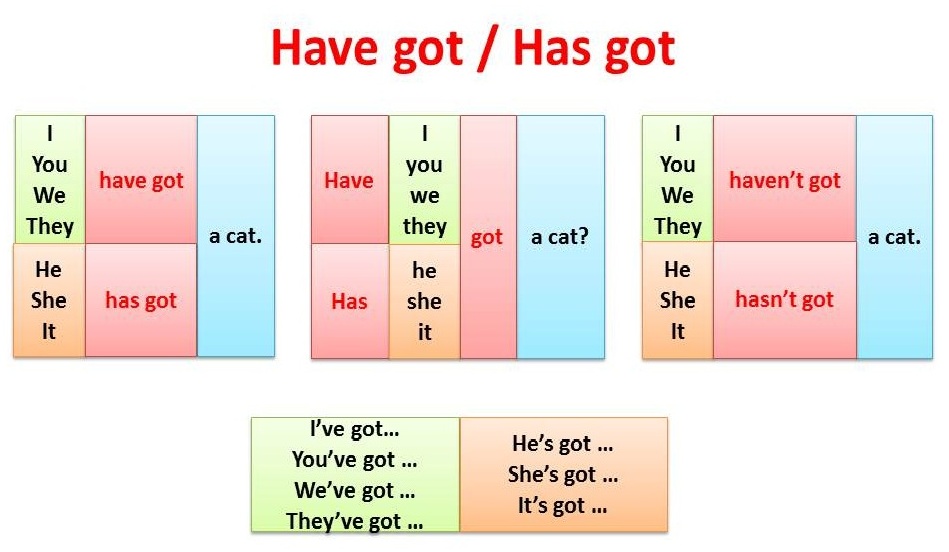 This can make things worse as he can then blame her for the relationship problems, seeing her as being unreasonable and difficult.
This can make things worse as he can then blame her for the relationship problems, seeing her as being unreasonable and difficult.
Each of them can experience not only different enjoyments, but also different priorities.
This stage of disillusionment can be followed by a prolonged stage of anger and frustration by both partners as their needs are apparently so different. Arguments become common, accusations are often thrown around, and frequent short and extended separations happen regularly.
Neither person understands what is going on, or why the other is being so difficult.
In the absence of a diagnosis and skilled professional help, neuro-diverse relationship almost always flounder because of these complex differences.
How a partner feels in a relationship with an Aspie – Affective deprivation
Neurotypical partners tend to have a rather unique relationship experience, and this often leads to the development of what has been referred to as Cassandra Affective Deprivation Disorder, or more recently Affective Deprivation Disorder.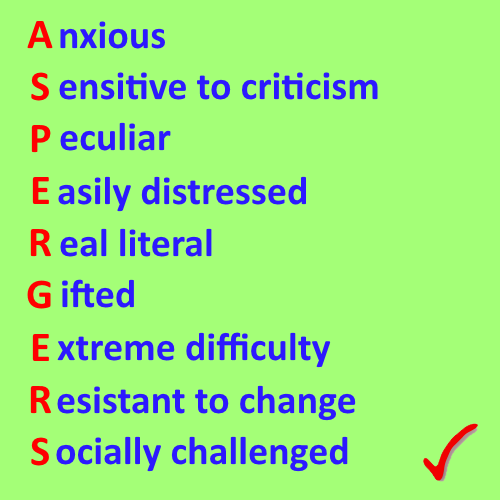
This disorder is not a personality disorder, but instead develops as a result of being emotionally deprived in their relationship situation. All humans have a need for emotional love, belonging, affection and reciprocity and when we are in a situation where we feel we are giving it, but not receiving it in return, then it affects our self-esteem and has a huge impact on our mental and physical health.
It is important to understand that the Aspie partner does not realise that these needs are there for his partner and that this deprivation is happening, as he is not intentionally withholding anything.
He is often surprised and saddened to discover that his partner is being impacted in such a huge way like this. This is why a no-blame perspective is the best approach.
Maxine Aston, a UK specialist Asperger’s relationships counsellor, explains that this Cassandra Affective disorder is like a seasonal affective disorder which is caused by a lack of sunlight, affecting the person with depression, sleep problems, lethargy, overeating, hopelessness, anxiety, tension, a loss of libido and a weakened immune system.
Things are often made worse for a partner when she is not believed, and commonly is blamed for the problems in the relationship by her ASC/ASD partner. Even when other professionals like doctors, teachers, therapists and counsellors become involved, unless they are trained in ASC/ASD and it’s affects, they can choose not to take her seriously, and inadvertently continue the pattern of blame towards her. Realising that she isn’t being heard or understood creates even further depression and despair for her.
She can feel confused, alone and desperate by this stage.
Symptoms of “Cassandra” Affective Deprivation Disorder
Maxine Aston has identified the following symptoms of CADD:
Emotional health
- Feeling extremely disappointed with the relationship
- Feeling confused
- Feeling angry
- Feeling guilty
- Low self-esteem
- Loss of self-identity
- Loss of faith in yourself
Mental health
- Anger and frustration
- Listlessness and depression
- Anxiety
- Phobias or social phobias
- Developing Asperger’s ways
Physical Health
- Migraines
- Loss or gain in weight
- Premenstrual tension
- Low immune system
What can be done about Affective Disorder?
The first most important factor in reducing Affective Disorder is to acknowledge it and seek to understand it, by both the person suffering and her Aspie partner.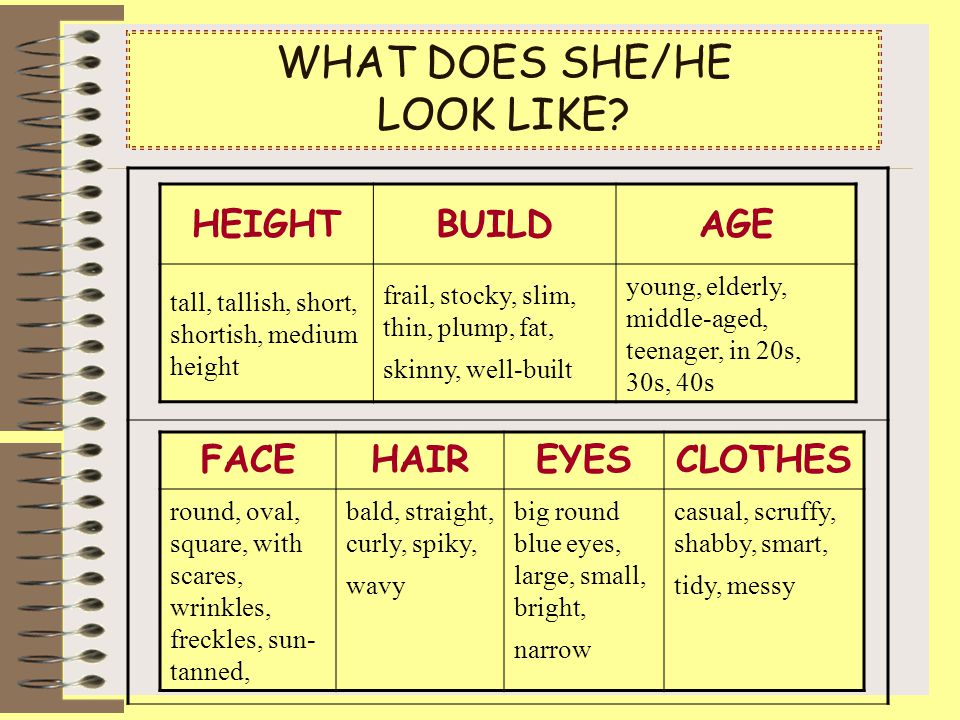
This is almost impossible unless or until there is a diagnosis or acknowledgement that Asperger syndrome exists in the partner.
Then it can be understood as a consequence of the huge differences between their emotional needs.
Then secondly, it is about repairing the deprivation.
For the NT partner these emotional needs are like food that are crucial for her survival, so the best approach is to take a two-pronged approach.
Firstly, Maxine suggests her ASC/ASD partner can learn about what he can do to help her feel more emotionally fed.
What can an Aspie partner do to help his partner?
He can start doing things like:
- Giving her a kiss when he leaves the house
- Greeting her sweetly when he arrives home
- Making a commitment to say one nice thing a day to her that he is genuine about
- Hold her hand when they are walking together
- Tell her he loves her often
- Send her a nice text message daily
- Ask her to tell him about her day
- When she is upset, give her a hug and ask her to tell him about it
Secondly, she needs to start doing some of the following things she finds enjoyment in herself:
- Have a regular coffee morning with a friend or friends
- Join a gym or take up some form of exercise
- Take up a fun hobby
- Pamper herself in some way and make these a regular part of her week
- Spoil herself with something nice
When both partners of the couple are motivated to help her, and make the relationship work, then it can be done. That doesn’t mean it is easy. Its important to focus on the positives and work through the negatives.
That doesn’t mean it is easy. Its important to focus on the positives and work through the negatives.
Many couples find this is too difficult to do on their own. That’s where a qualified and experience ASC/ASD couples’ therapists is your best ally. He or she can understand and support you both in overcoming these differences and give you the specifics steps to take to help you create a more fulfilling relationship for you both.
Can our relationship be saved or improved? Creating Successful relationships
In many cases, it is very possible to save and/or improve your relationship if one of you has ASC/ASD. There are 3 factors that Maxine Aston has described which are crucially important in maximising your relationship satisfaction and ultimately your success:
- Both partners need to acknowledge and accept the diagnosis of Asperger’s. This helps each partner to have an understanding of what the strengths and weaknesses of each of you are, along with your needs, and also some skills that might need improving.
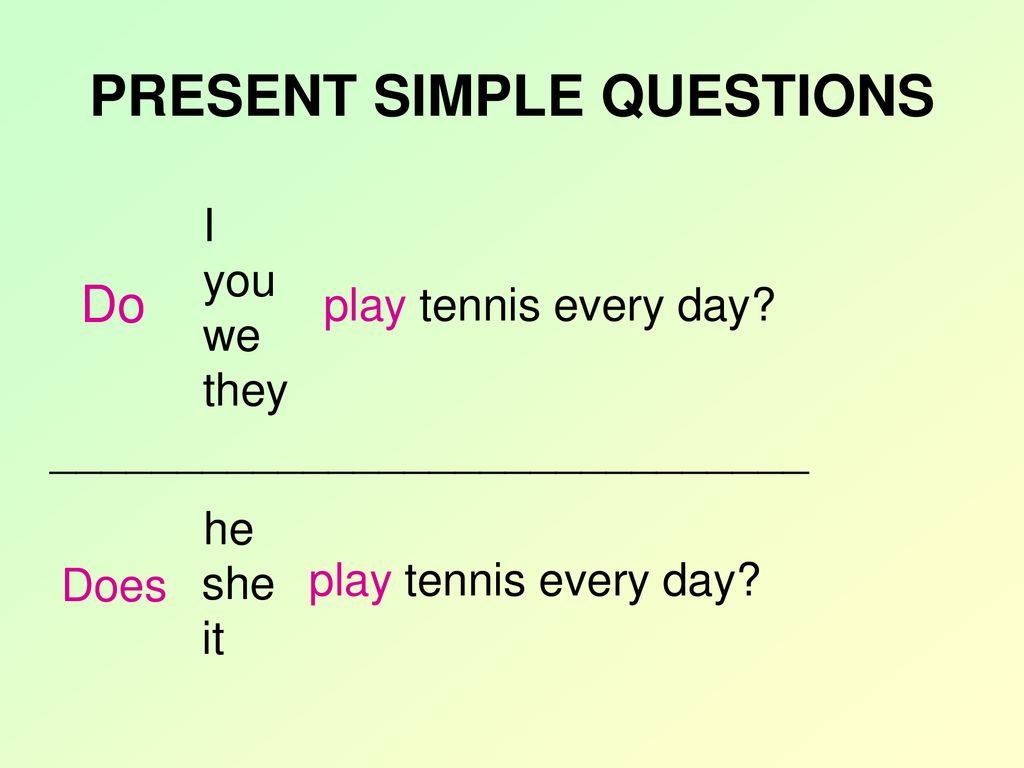
- Both of you are motivated to change, and are willing to put in time, effort and commitment in working on your own side of the relationship equation.
- You will need access to specialised ASC/ASD Relationship Psychologists or counsellors who can understand the specific difficulties you are going through.
Relationship Counselling – some important points
A couple’s psychologist/counsellor who is trained and experienced in ASC/ASD will be able to provide both of you with information about ASC/ASD, and work with each partner about understanding the wiring, mindsets and perspectives of each other, and create a space where both of you feel safe and understood.
He/she will also suggest and help you implement specific strategies for your particular relationship, and provide accountability, motivation and support to move you both into a healthier happier relationship.
It is important to note that couples’ counsellors who don’t have knowledge of ASC/ASD can often wrongly ascribe your challenges to personality clashes, or family or origin issues, or can blame one partner more than the other, and are therefore rarely able to give you your best and most appropriate help.
For your part when you are considering coming to relationship counselling, we need each of you to be motivated and be willing to work on your side of the equation, rather than entirely blame your partner. This gives us the best chance of success for your relationship.
But this is often a journey, so we can support you together or individually at any stage of your journey of discovery.
Our Hart Centre relationship psychologists have been specifically trained by Tony Attwood to help you with the unique problems that come with neuro-diverse relationships. We have psychologists in each city, as well as Skype counselling options for those who can’t make it into one of our offices.
Click here to put in an appointment enquiry, or search for a Hart Asperger’s Relationship therapist using our search bar on the side of this page.
Read more about what we can offer in terms of relationship counselling for Autistic individuals and couples.
OUR MAJOR MARRIAGE COUNSELLING LOCATIONS:
See all of our Relationship Counselling Melbourne locations.
See all of our Relationship Counselling Brisbane locations.
See all of our Relationship Counselling Perth locations.
See all of our Relationship Counselling Adelaide locations.
See all of our Relationship Counselling Canberra locations.
See all of our Relationship Counselling Sydney locations.
Elon Musk admitted to having Asperger's syndrome
- Billionaires
- Timur Batyrov Editorial Forbes
Billionaire Elon Musk admitted that he has Asperger's Syndrome.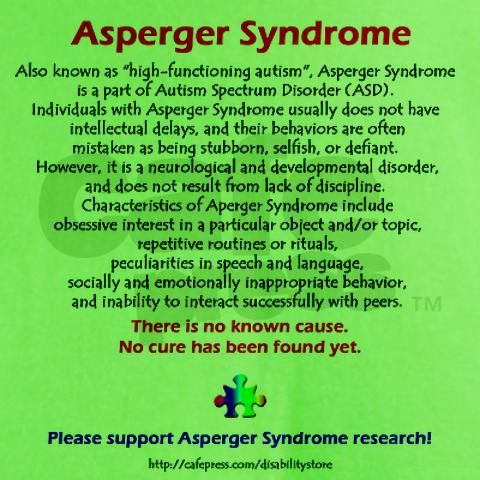 This is an autism spectrum disorder whose carriers have difficulties with communication and socialization, but they often have increased cognitive and verbal abilities
This is an autism spectrum disorder whose carriers have difficulties with communication and socialization, but they often have increased cognitive and verbal abilities
Billionaire Elon Musk, CEO of Tesla and SpaceX, has admitted that he has Asperger's Syndrome. He stated this on the air of the Saturday Night Live television program on NBC, which he hosted.
“I'm honored to host Saturday Night Live. <...> My performance today is historic because I am the first SNL host with Asperger's. Or at least the first one to admit it,” Musk said.
“Elon’s tweet doesn’t match reality”: Tesla doubts the ability to release a drone by the end of the year
In fact, the head of Tesla is not the first show host to be diagnosed with this. In 2003, a former TV show participant, actor and comedian Dan Aykroyd, who repeatedly spoke about having Asperger's syndrome, became the host of one of the editions of Saturday Night Live, the Daily Beast notes.
Asperger's syndrome is an autism spectrum disorder. Its owners have difficulties with communication and socialization, but they often have increased cognitive and verbal abilities. Billionaire PayPal founder Peter Thiel noted that many successful entrepreneurs have a "mild form" of this syndrome, or traits of it. According to him, they allow you to create real innovations in a conformist environment, not paying attention to social conventions.
“Look, I know I sometimes say and write weird things, that's how my brain works. To everyone I offended, I want to say the following. I reinvented electric cars and send people to Mars, you thought I would be a calm and normal dude?” Musk said in his welcoming speech.
Elon Musk became the highest paid CEO in the US
The fact that Musk will act as the host of one of the editions of Saturday Night Live became known in April.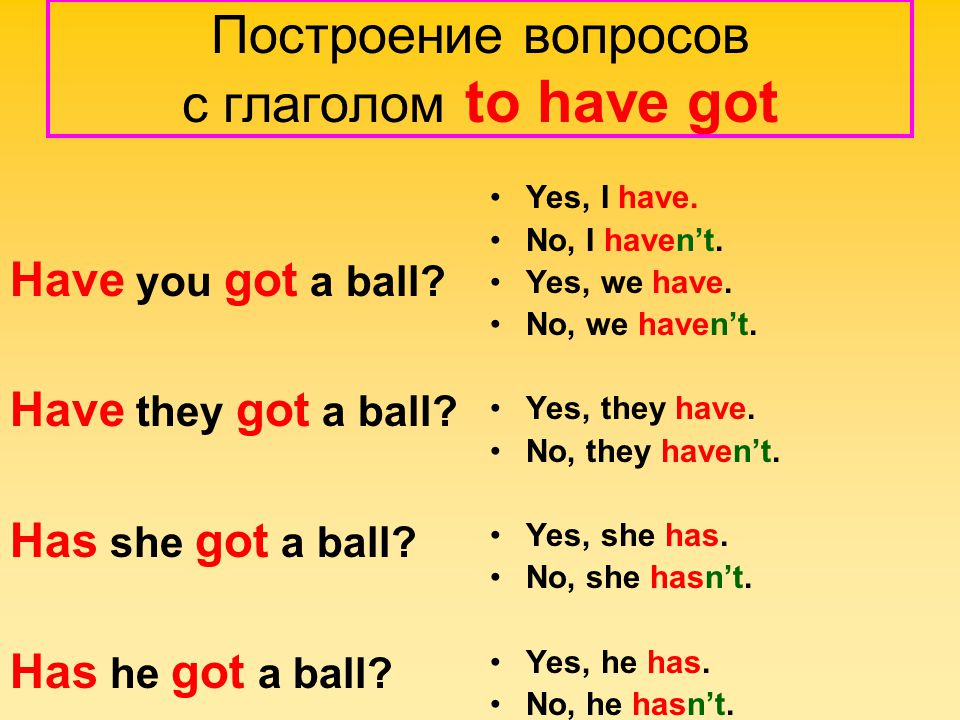 Critics noted that this was a "strange choice" for a comedy TV show, and the presenter should have "at least some talents other than wealth."
Critics noted that this was a "strange choice" for a comedy TV show, and the presenter should have "at least some talents other than wealth."
The CEO of Tesla is not the first businessman to have been approached to host Saturday Night Live. In November 2015, Donald Trump became the host of one of the episodes. Then the show was hit with a wave of criticism from Trump's opponents, pointing to the "belligerent and racist rhetoric" of his presidential campaign.
Visionary Thoughts: All Elon Musk's Inventions
7 photos
-
Timur Batyrov
Editorial Forbes
#Elon Musk
Forbes Newsletter
The most important thing about finance, investment, business and technology
Information:
- Contact information
- Processing rules
- Magazine advertisement
- Website advertisement
- Reprint conditions
We are in social networks:
- Telegram
- VKontakte
- YouTube
Newsletter:
Edition name: forbes. ru
ru
The online publication "forbes.ru" is registered by the Federal Service for Supervision of Communications, Information Technology and Mass Media, registration number and date of the decision on registration: series El No. FS77-82431 dated December 23, 2021.
Address of the editorial office, publisher: 123022, Moscow, st. Zvenigorodskaya 2nd, 13, building 15, fl. 4, room X, com. 1
Editorial address: 123022, Moscow, st. Zvenigorodskaya 2nd, 13, building 15, fl. 4, room X, com. 1
Editor-in-Chief: Mazurin Nikolay Dmitrievich
Editorial email address: [email protected]
Editorial phone number: +7 (495) 565-32-06
including in electronic media, are possible only with the written permission of the editors. The Forbes trademark is the exclusive property of Forbes Media LLC. All rights reserved.
JSC AS Rus Media · 2022
16+
Elon Musk has Asperger's Syndrome.
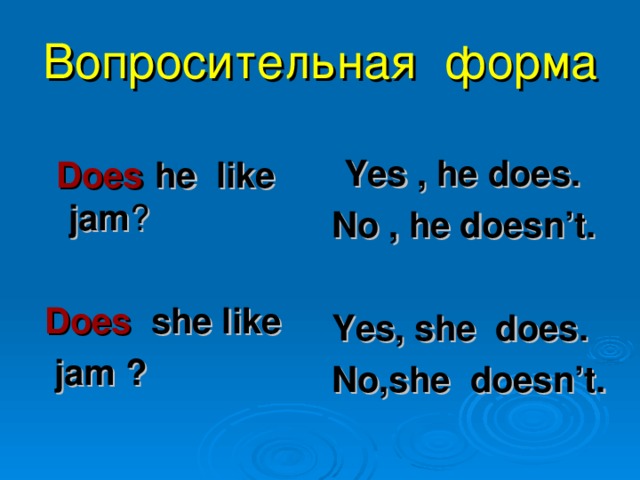 What it is?
What it is? “Look, I know I sometimes say and write weird things, that's how my brain works. To everyone I offended, I want to say the following. I reinvented electric cars and send people to Mars. You thought I'd be a calm and normal dude?" Elon Musk recently admitted on a television show that he has Asperger's Syndrome, a high-functioning autism spectrum disorder in which people often have very high cognitive and verbal abilities, but at the same time communication, socialization and building relationships are not easy for them.
The WHO estimates that autism spectrum disorder (ASD) affects 1 in 270 people. But it is likely to be much more common. It just goes undiagnosed very often. Reminder talked about this with Ekaterina Men, President of the Center for Autism Problems .
- Neither Elon Musk nor Anthony Hopkins, who also recently revealed that he has Asperger's Syndrome, at first glance do not seem to be people with mental disabilities. What are autism spectrum disorders in high functioning form really?
— In the diagnosis of autism spectrum disorder, the key word is spectrum.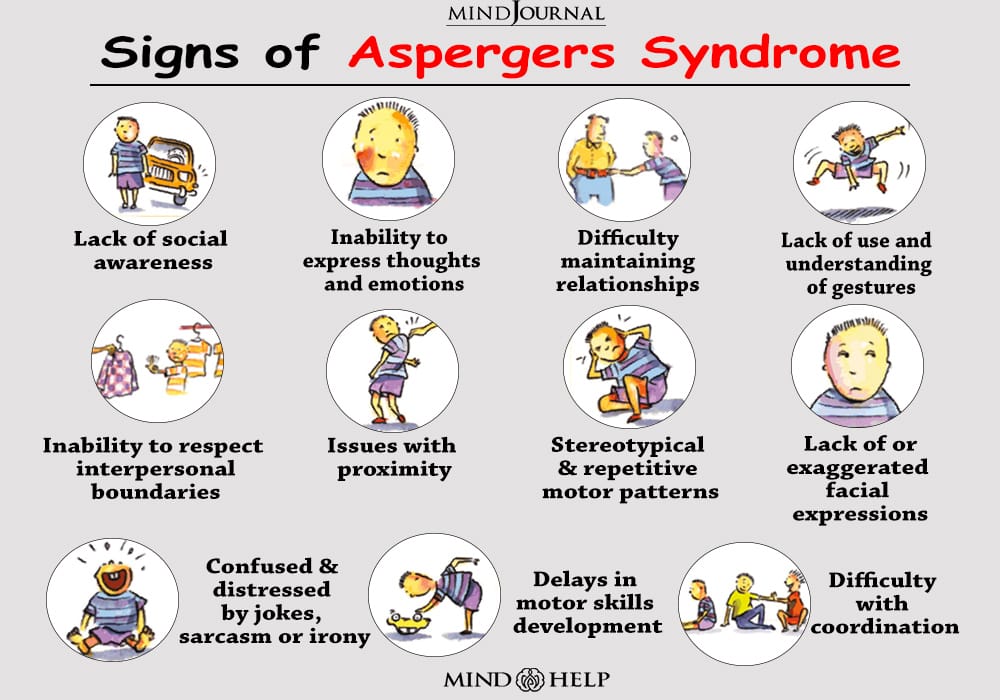 A typical mistake is to represent it as a ruler. Then it turns out that there is a certain set of features that can be more or less expressed. In fact, the spectrum is a circle around which features characteristic of autism are scattered. Each person has their own combination. Moreover, the same traits are found in both high-functioning and low-functioning people. It's just that low-functioning people tend to have other illnesses and disorders that exacerbate their problems.
A typical mistake is to represent it as a ruler. Then it turns out that there is a certain set of features that can be more or less expressed. In fact, the spectrum is a circle around which features characteristic of autism are scattered. Each person has their own combination. Moreover, the same traits are found in both high-functioning and low-functioning people. It's just that low-functioning people tend to have other illnesses and disorders that exacerbate their problems.
That's why it's impossible to assemble an exhaustive portrait, and to notice autism in Elon Musk or Anthony Hopkins, just by watching their interviews. High-functioning people like them are often excellent speakers in general, but they still have difficulty with communication as a building of social interaction. For example, they may find it difficult to know when it is appropriate to talk about personal problems and when it is not. Or how to adequately express a friendly or romantic interest. The fact is that speech and communication are two different things.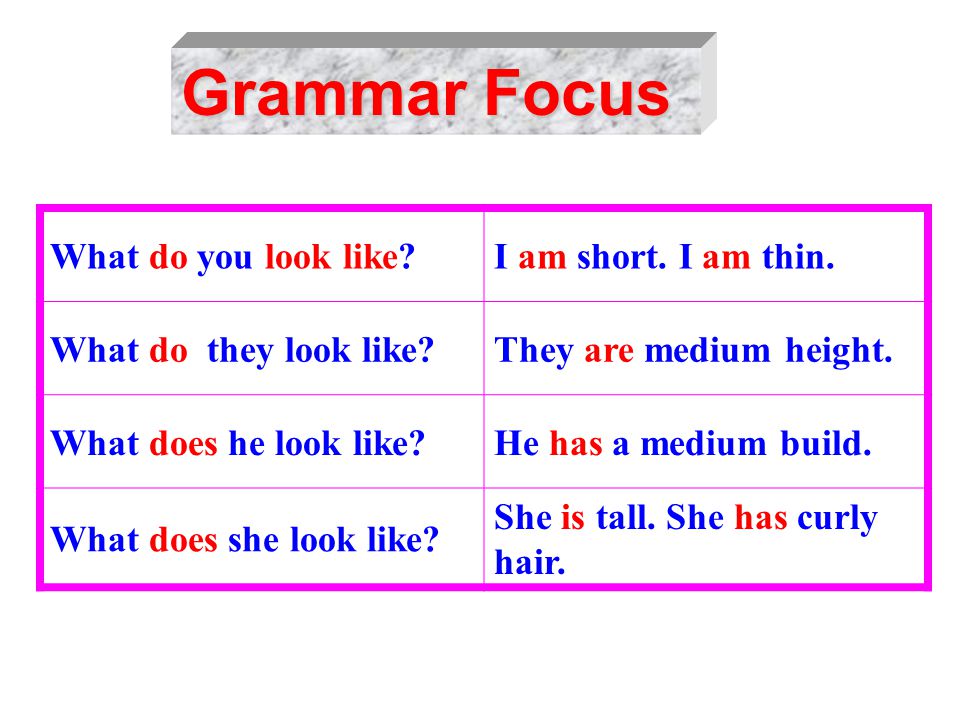 Communication is interactive: it is not just a saying, but a message “you to me - I to you”. If a person is on the spectrum, he always has difficulty building such a dialogue.
Communication is interactive: it is not just a saying, but a message “you to me - I to you”. If a person is on the spectrum, he always has difficulty building such a dialogue.
- Elon Musk was talking about Asperger's syndrome. But now experts have practically abandoned this diagnosis. Why?
- The term itself originated as an attempt to label people whose autism does not lead to serious disability. The psychiatrist Hans Asperger in the 1940s described a group of such children as "little professors": socially maladaptive, incapable of non-verbal communication, but not speechless and showing high cognitive abilities. Is it adequate to contrast such cases with those that look different but have the same underlying disorders? Modern psychiatry thinks not. Those we have called people with Asperger's are just people on a certain part of the spectrum.
- Comedian Hannah Gatsby, another public figure with ASD, says that Asperger's is like being the only sober person in a drunken room.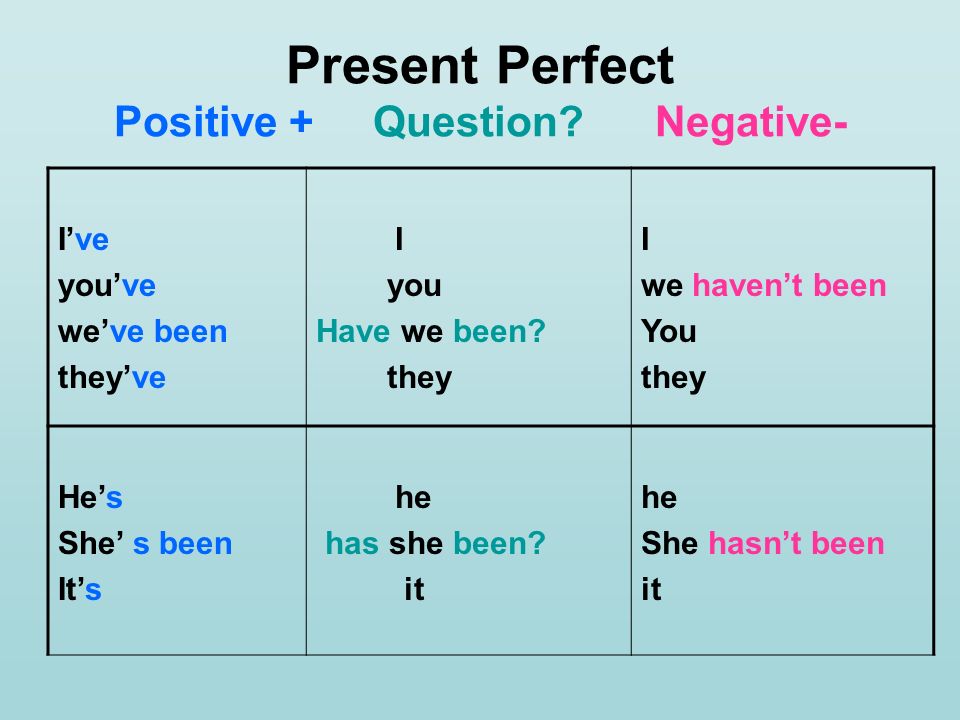 How good is this comparison?
How good is this comparison?
— I don't have autism myself, but I am a mother of a child with autism and have been dealing with children with autism for many years. So I understand what the comedian means. It's about the discomfort that autistic people experience in the society of neurotypicals. What is it like to be sober in a drunken company? The behavior of others seems illogical, redundant, noisy, overcommunicative, oversocial. A drunk person flies off the brakes, and it is obvious to a sober person. Good explanation, I like it.
- The stories of Elon Musk, Anthony Hopkins and Hannah Gatsby seem to confirm the notion of autism as a disorder of geniuses. Is it true that ASD is often accompanied by outstanding abilities?
- Part of the data says yes. This can be, for example, a phenomenal memory, the ability to specify the day of the week for any date, or to do complex calculations in your mind. The most frequent areas of manifestation of talents are mathematics, memorization, music, visual arts. But I do not like it when autism is presented as super-gifted and savant syndrome (outstanding abilities in a person with a developmental disability. - Reminder ). Suppose superpowers are indeed more common in the autistic population than in the neurotypical population. But many people with autism are completely helpless, and someone's superpowers do not save them. Over-gifted people themselves are helpless in a social context. So we need to approach people with ASD not as super-gifted, but as people who need support, attention, special ways of learning, and so on.
But I do not like it when autism is presented as super-gifted and savant syndrome (outstanding abilities in a person with a developmental disability. - Reminder ). Suppose superpowers are indeed more common in the autistic population than in the neurotypical population. But many people with autism are completely helpless, and someone's superpowers do not save them. Over-gifted people themselves are helpless in a social context. So we need to approach people with ASD not as super-gifted, but as people who need support, attention, special ways of learning, and so on.
— Are there any explanations why people with ASD are super-gifted — including those with a low-functioning form?
- There is no definite answer, but there are theories. For example, about the asynchrony of development: all development is focused on a couple of functions, sometimes practical, sometimes useless. And those functions that allow you to adapt to life in society do not develop.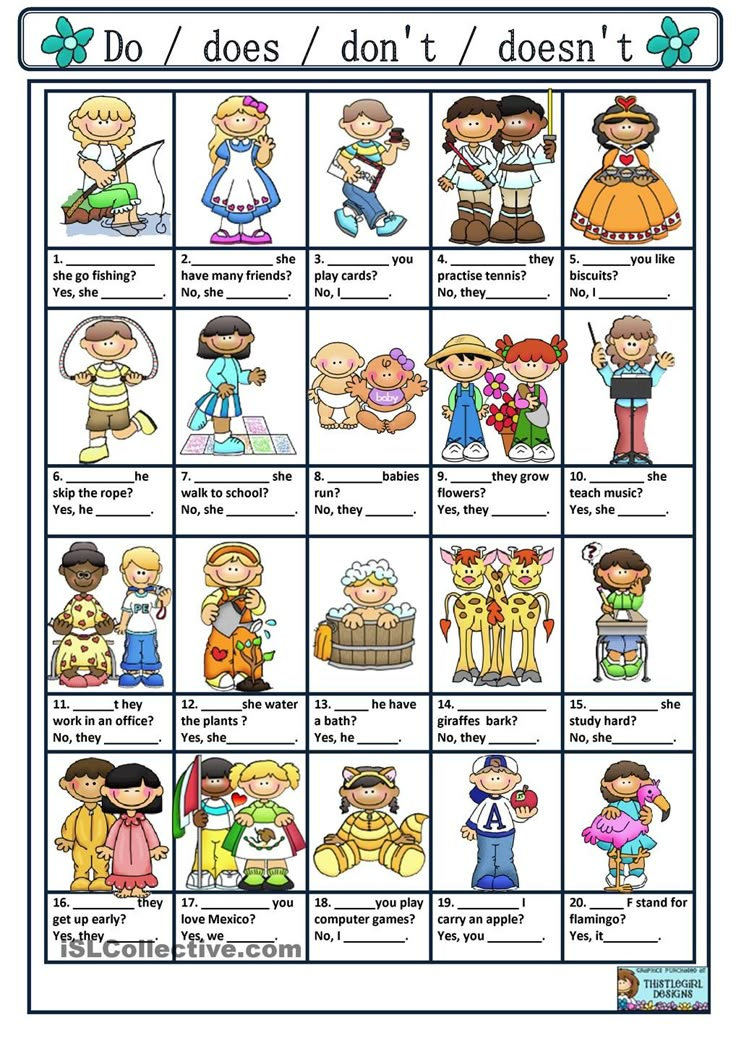 At the same time, building relationships in a typical way, being in society is terribly energy-consuming. When you and I get tired, we look for loneliness: we leave for the village, turn off gadgets, and so on. This is normal behavior when a social resource is depleted. In people with autism, this resource is initially less, and they get tired of society faster.
At the same time, building relationships in a typical way, being in society is terribly energy-consuming. When you and I get tired, we look for loneliness: we leave for the village, turn off gadgets, and so on. This is normal behavior when a social resource is depleted. In people with autism, this resource is initially less, and they get tired of society faster.
— So savantism in people with autism is some kind of compensation?
- Right. There is another explanation. A characteristic of autism is AQ, the coefficient of adaptability. There are many smart people with low AQ autism who have a hard time adjusting to changing environments. Let's say you need to travel to a country you've never been to and don't know the language of. Adaptability will allow you to deal with the map, find accommodation and buy food. If anything, you can clarify something with gestures. But a person with a low AQ will not be able to do this.
Therefore, a person with autism seeks to protect himself from change. Often this turns into a special interest: a person chooses a certain area and invests all his resources in it. For example, vacuum cleaners. A person with autism who is interested in vacuum cleaners knows all about them. Which is quite logical: if you choose a narrow business for yourself and do it all the time, you will become a supermaster. But a neurotypical person who is passionate about something does not give up on other things. He goes to the store, thinks about how much money to buy bread. A person with ASD is not distracted by this. He forgets to eat and drink - and becomes a virtuoso pianist, Elon Musk or the owner of the most complete knowledge of vacuum cleaners. But this obsession leads to the fact that he may not know anything about washing machines. Even how to turn them on.
Often this turns into a special interest: a person chooses a certain area and invests all his resources in it. For example, vacuum cleaners. A person with autism who is interested in vacuum cleaners knows all about them. Which is quite logical: if you choose a narrow business for yourself and do it all the time, you will become a supermaster. But a neurotypical person who is passionate about something does not give up on other things. He goes to the store, thinks about how much money to buy bread. A person with ASD is not distracted by this. He forgets to eat and drink - and becomes a virtuoso pianist, Elon Musk or the owner of the most complete knowledge of vacuum cleaners. But this obsession leads to the fact that he may not know anything about washing machines. Even how to turn them on.
— How are the brains of people with ASD different?
- You won't see anything special on an MRI: at the level of macroarchitecture, the autistic brain is about the same as ours.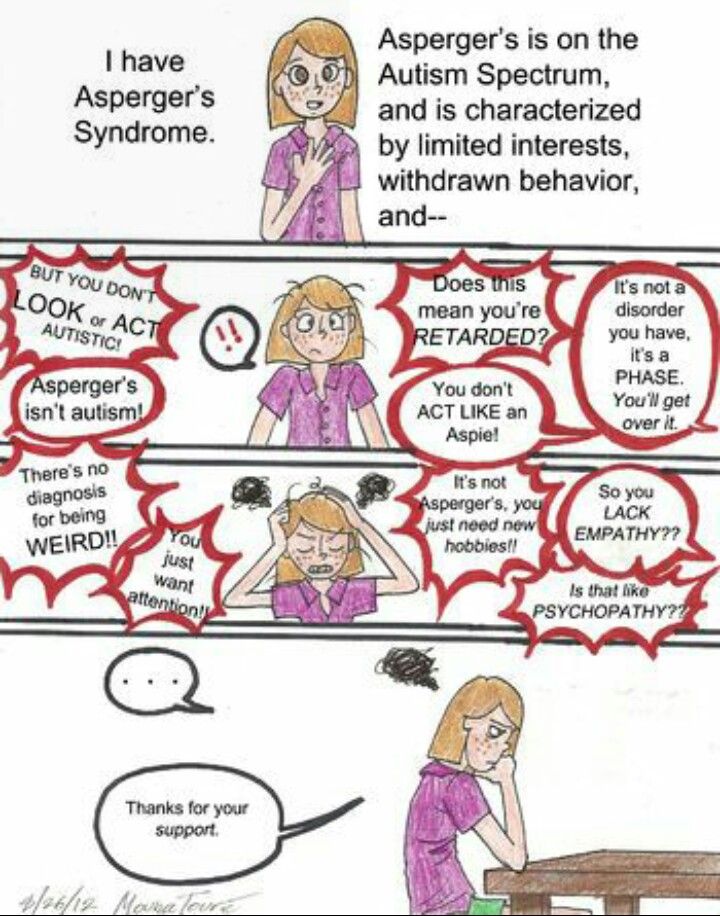 But more detailed studies of microarchitecture will show that neural connections between different parts of the brain are broken. Including those responsible for higher cognitive functions. The most famous woman with autism, animal psychologist Temple Grandin, describes it in The Autistic Brain as follows. Imagine a high-rise building of a certain corporation. It should have everything: marketing, accounting and technical support departments on the ground floors, directors' offices - at the very top. The autistic brain is a complete building: it has all these departments. But, alas, the elevator is broken. Getting from the first floor to the last floor, where all the leadership and strategic planning is, is not so easy. So the answer to the question about the features of the brain in autism lies in the field of interaction between different parts of the brain and some redundancy of the neural network.
But more detailed studies of microarchitecture will show that neural connections between different parts of the brain are broken. Including those responsible for higher cognitive functions. The most famous woman with autism, animal psychologist Temple Grandin, describes it in The Autistic Brain as follows. Imagine a high-rise building of a certain corporation. It should have everything: marketing, accounting and technical support departments on the ground floors, directors' offices - at the very top. The autistic brain is a complete building: it has all these departments. But, alas, the elevator is broken. Getting from the first floor to the last floor, where all the leadership and strategic planning is, is not so easy. So the answer to the question about the features of the brain in autism lies in the field of interaction between different parts of the brain and some redundancy of the neural network.
- Autism is considered a "childhood" diagnosis. But the same Anthony Hopkins was diagnosed at almost 80. How many adults with ASD do not know about their disorder?
How many adults with ASD do not know about their disorder?
— Yes, especially in our country. There are few psychiatrists who use valid diagnostic tools, so many are undiagnosed or enrolled in other psychiatric disorders. But it is important to understand two things here. First, the Internet test will not answer the question of whether you have autism. This requires serious diagnostic tools. If it were easy to identify ASD, there would be no problems with undiagnosed and misdiagnosed people.
The second is that it doesn't happen like this: everything was fine in childhood, there were no difficulties in building relationships, and then signs of autism suddenly appear. Then we are talking about other disorders, bipolar disorder or depression. Autism occurs in early childhood. He might not be noticed if the family helped the child to adapt and did not focus on his features - or if he himself was able to adapt. But such a person from childhood feels uncomfortable in a typical environment.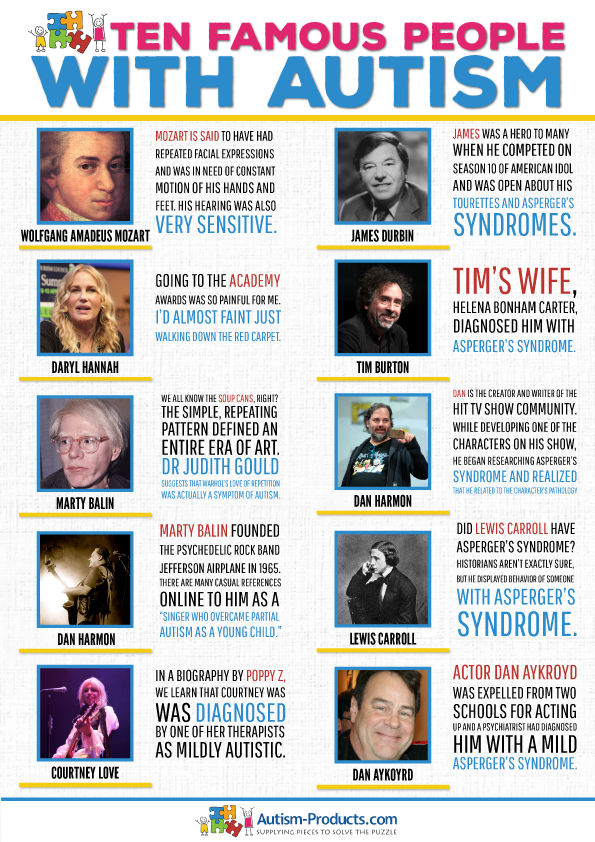 It is difficult for him to build relationships with other children and it is difficult for him to do the most ordinary things: go to the cinema, restaurant or shopping center where there are many people, bright and noisy, cope with small changes in the schedule, understand the jokes of classmates, accept basic social rules, stay in dialogue , identify other people's intentions
It is difficult for him to build relationships with other children and it is difficult for him to do the most ordinary things: go to the cinema, restaurant or shopping center where there are many people, bright and noisy, cope with small changes in the schedule, understand the jokes of classmates, accept basic social rules, stay in dialogue , identify other people's intentions
- An adult who begins to suspect that he has ASD may already be well adjusted. Does he need to know the diagnosis?
- I think it's necessary. Adaptation has come at the cost of incredible effort - and he continues to expend energy to behave "normally". Knowledge of the diagnosis and self-identification with it can help him come to terms with the fact that some things are more difficult - and the fault is not him and not his character, but a physiologically predetermined state. The diagnosis explains what is happening to you, why you get terribly tired doing what others do automatically, why you so often fail in communication.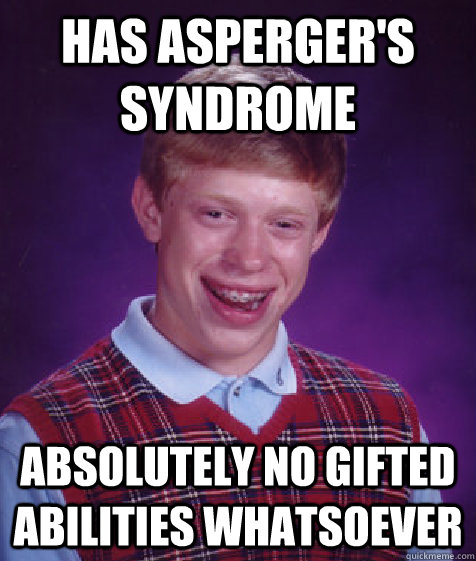 It changes your attitude towards yourself. You are no longer lazy, stupid or unfriendly, you are just on the spectrum.
It changes your attitude towards yourself. You are no longer lazy, stupid or unfriendly, you are just on the spectrum.
Further, a person can reshape life in accordance with the disorder so that it is comfortable. Find a more suitable job, for example. These steps help you adapt and ultimately increase your chances of happiness. Do you know that the prevalence of suicide among highly functioning, highly intelligent people with autism is outrageous, many times higher than the average in the population? They don't commit suicide because they're doing well. But because they still do not fit into the standards that the world imposes. Intelligence alone does not make you socially acceptable, socially included, and happy.
- Diagnosis of is complicated. Psychotherapist Eva Mendes gives many examples in her book when the recommendations of psychologists harmed people with ASD. For example, exacerbate relationship problems. Many of them could not even imagine that the client had autism, because he shows emotions, reasoned rationally and was generally smart. So, you need to look for a professional who specializes in autism spectrum disorders?
So, you need to look for a professional who specializes in autism spectrum disorders?
- Yes, in general, everyone who works with a patient from the spectrum should have knowledge about autism - and not only a psychiatrist and psychologist, but even an ENT. Any of our visits to the doctor begins with the question "What are you complaining about?" But in a person with ASD, sensory processing may be impaired. His stomach hurts - he grabs his knee. Or he acts like he doesn't feel pain and describes it as discomfort, even though objective biological methods will say the pain is sharp. Even fractures in people with autism are found when they have healed long and wrong. In order for problems to be found and treated in time, all doctors, from a general practitioner to a gastroenterologist, should be aware of this feature.
When it comes to psychologists and psychotherapists, it is especially important for them to understand the modern concept of autism spectrum disorders.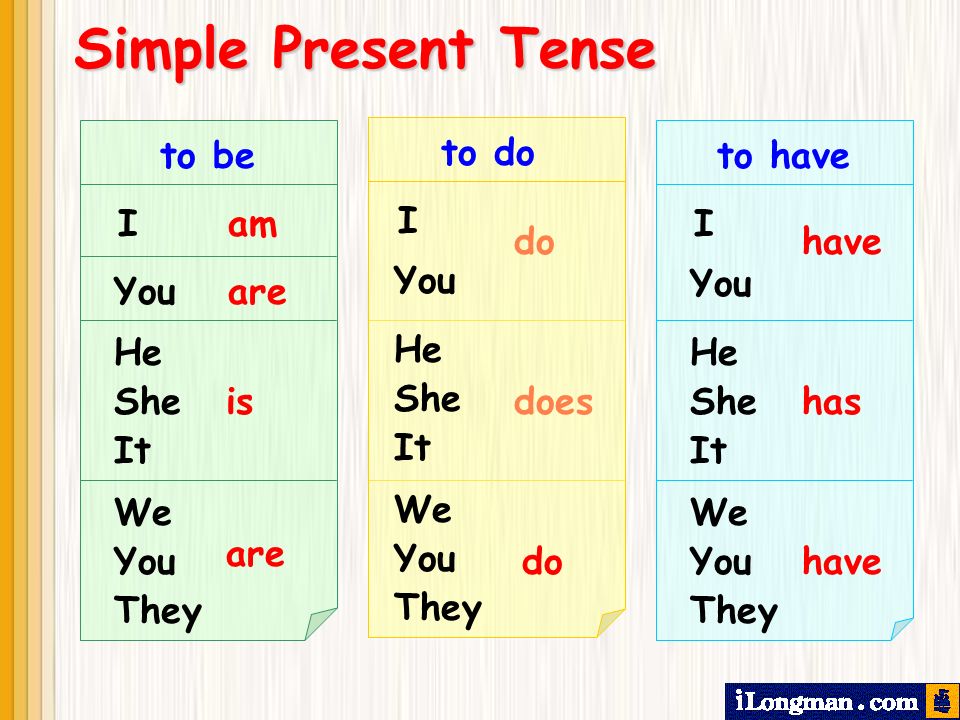 Autism in the 21st century has been very reconceptualized: we have received data from molecular biology, genetics, neuroscience - the objective sciences. And many experts cling to the 1970s notion of autism. But what Kanner and Asperger described only represents a fraction of people with autism, and many features of ASD are explained differently today than they were in the last century.
Autism in the 21st century has been very reconceptualized: we have received data from molecular biology, genetics, neuroscience - the objective sciences. And many experts cling to the 1970s notion of autism. But what Kanner and Asperger described only represents a fraction of people with autism, and many features of ASD are explained differently today than they were in the last century.
— What problems can there be with a psychologist or psychotherapist if he does not understand the features of ASD?
— They may not understand what kind of help a person with ASD needs. We need to work on skills shortages that cause problems in society. The gold standard is specific, highly structured methods with an emphasis on learning: behavioral and cognitive-behavioral psychotherapy, applied behavior analysis. But for some reason, many people think that only low-functioning children need them. High-functioning adults go to psychoanalytic specialists, who focus on the personality and the circumstances that shaped it.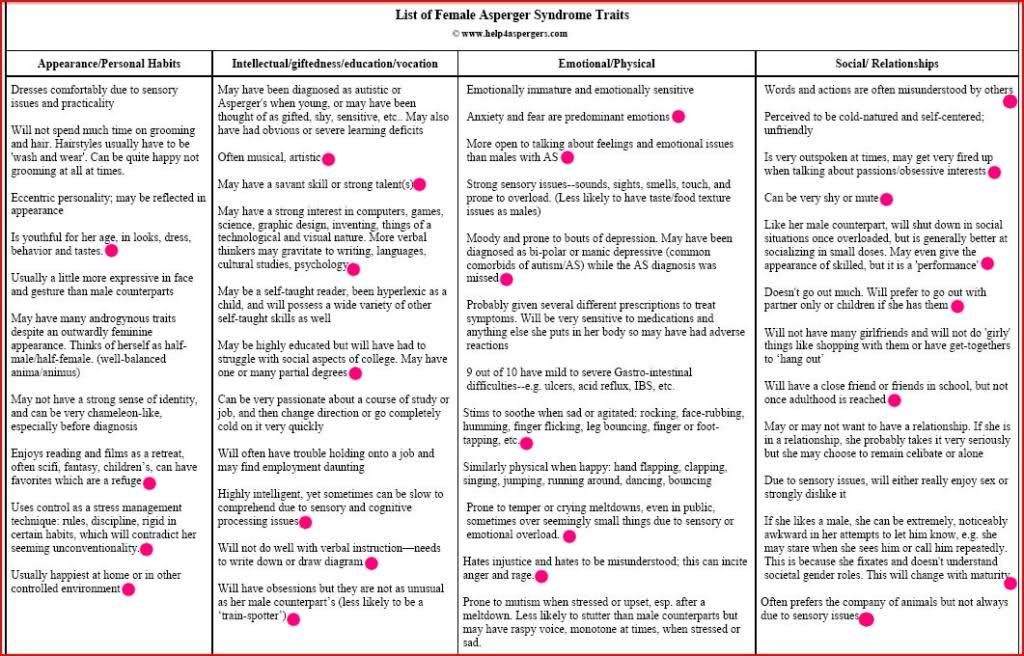 But when the problem is in the special organization of the brain and the lack of skills, this simply does not help.
But when the problem is in the special organization of the brain and the lack of skills, this simply does not help.
— But how to find a specialist who understands what the spectrum is?
— Only by doing my own research. There is no list of proven and well-trained professionals who work with ASD. Of course, you can ask the community for advice. But the search for “your” psychiatrist or psychologist is not only about qualifications, but also about relationships. A specialist will cause a sense of trust in one person, and another will not be able to work with him. Therefore, recommendations do not always help.
A high rating of the clinic, a diploma, a place of residency, a scientific degree - all the information that helps to assess the qualifications of a specialist also says nothing about how comfortable you will be with him. To find "your" specialist, you need to go a certain way: do a research, specify the request, understand what you expect from the visit.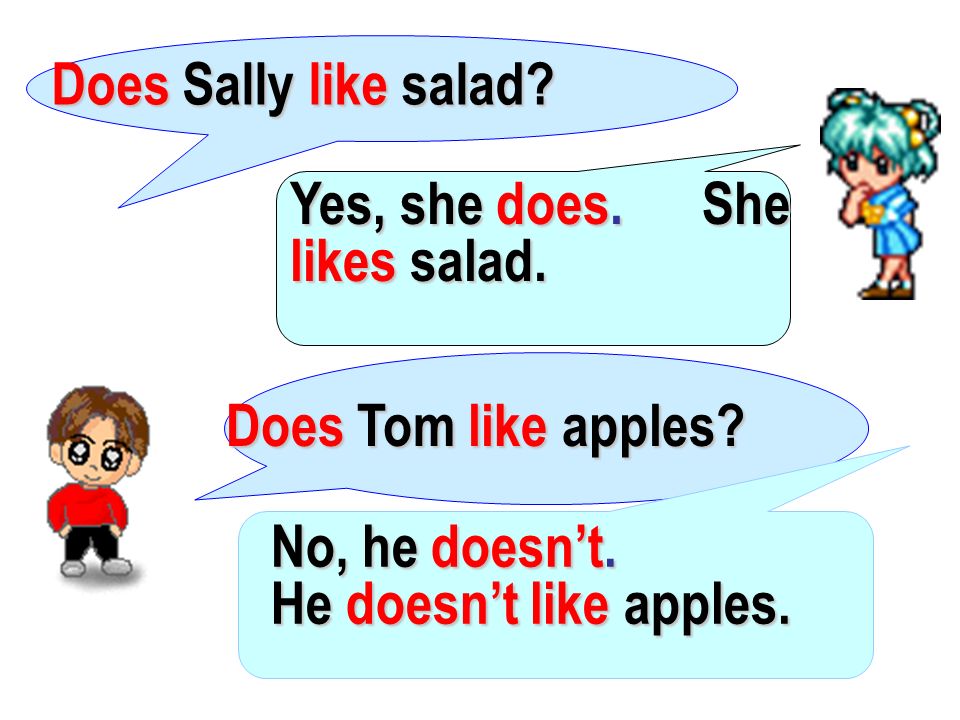 It is an experience of self-immersion, self-discovery and failure. In the same way, people without ASD have been looking for "their" psychiatrist for years - and cannot come up with an exact algorithm for how to solve this problem, except to keep looking.
It is an experience of self-immersion, self-discovery and failure. In the same way, people without ASD have been looking for "their" psychiatrist for years - and cannot come up with an exact algorithm for how to solve this problem, except to keep looking.
- There is another problem. Work or relationships with a person with ASD, as Eva Mendes writes, in some cases increase the risk of depression, anxiety levels, and reduce self-esteem. The thing is that often people with ASD, especially if they are of high social status, give the impression of heartless people. The inability to respond correctly people read as indifference. Does this problem have a solution?
- This is a common legend: a person with autism is supposedly insensitive, cold-blooded, he didn't give a damn about people, and so on. But there is nothing in common between autism and psychopathy. Psychopathy is a complete lack of conscience, pity and empathy. A person with autism has empathy, but often cannot respond to a particular situation in a socially acceptable way.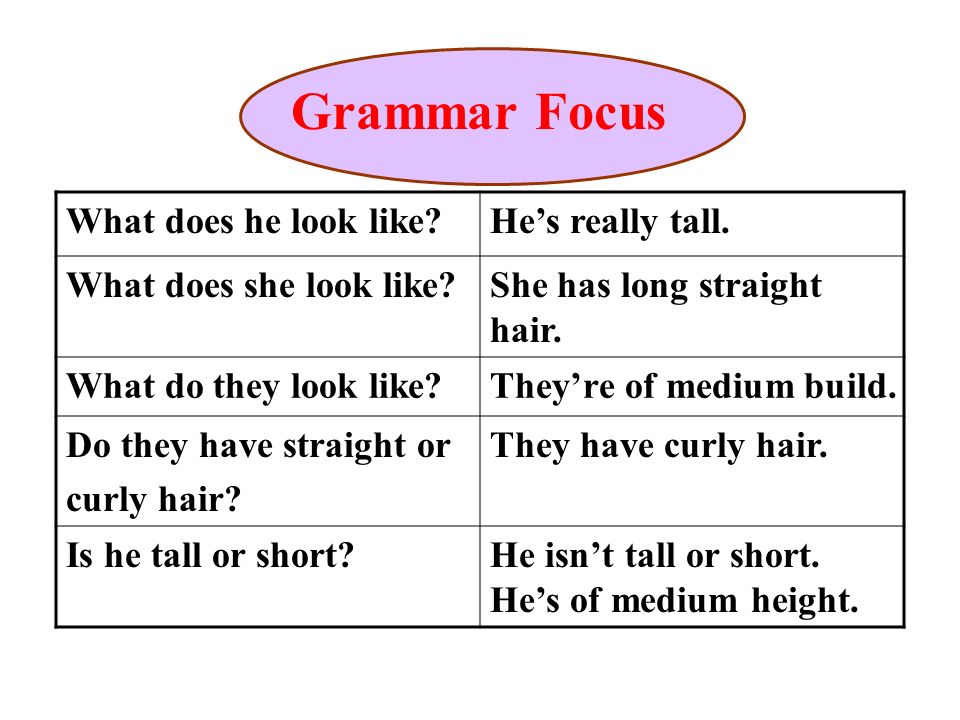 And if a certain person with an autism spectrum disorder manages a team in a way that looks like insensitivity from the outside, this does not mean that he does not really understand that employees need to be sympathized or helped. Rather, he does not know exactly what to do.
And if a certain person with an autism spectrum disorder manages a team in a way that looks like insensitivity from the outside, this does not mean that he does not really understand that employees need to be sympathized or helped. Rather, he does not know exactly what to do.
People with autism may be attached to others and care deeply about them. Babies with autism don't smile back at their mothers, they do. But they recognize the mother's face. They have access to the whole palette of human emotions, but it is their management that is violated. Just having emotions is not enough: in a social environment, they exist through expression. This skill goes beyond verbal communication. Facial expressions, gestures, voice timbre, intonation - all this forms a complex context that neurotypical people comprehend intuitively. The very drawing through which we are accustomed to expressing joy, sorrow and sadness is more difficult for a person with autism to master.
In general, emotions are our basic tool for building social relationships.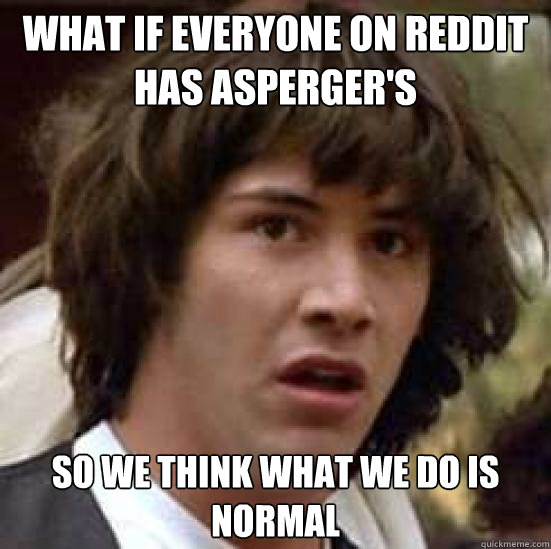 A person with autism simply does not know how to use this tool. But this does not mean that this tool does not exist. Let's say I have a set of tools in my closet: screwdrivers, nails, screws, a drill, a saw, and so on. This does not mean that I can make a stool. Similarly, a person with autism has emotions, but does not know how to use them for social purposes. He needs to be shown how to and how not to express feelings. To tell that if a loved one has died, it is perfectly appropriate to cry at a funeral. But if you need to go live and broadcast a TV show, crying is already inappropriate, although the grief has not disappeared anywhere. Experience is not always equal to its expression. And if there is no expression, this does not mean that there is no experience at all.
A person with autism simply does not know how to use this tool. But this does not mean that this tool does not exist. Let's say I have a set of tools in my closet: screwdrivers, nails, screws, a drill, a saw, and so on. This does not mean that I can make a stool. Similarly, a person with autism has emotions, but does not know how to use them for social purposes. He needs to be shown how to and how not to express feelings. To tell that if a loved one has died, it is perfectly appropriate to cry at a funeral. But if you need to go live and broadcast a TV show, crying is already inappropriate, although the grief has not disappeared anywhere. Experience is not always equal to its expression. And if there is no expression, this does not mean that there is no experience at all.
Signs of ASD/Asperger's Syndrome in an adult
Each person experiences autism differently and symptoms range from mild to severe. You cannot simply read a list of symptoms or take a test and self-diagnose yourself with ASD.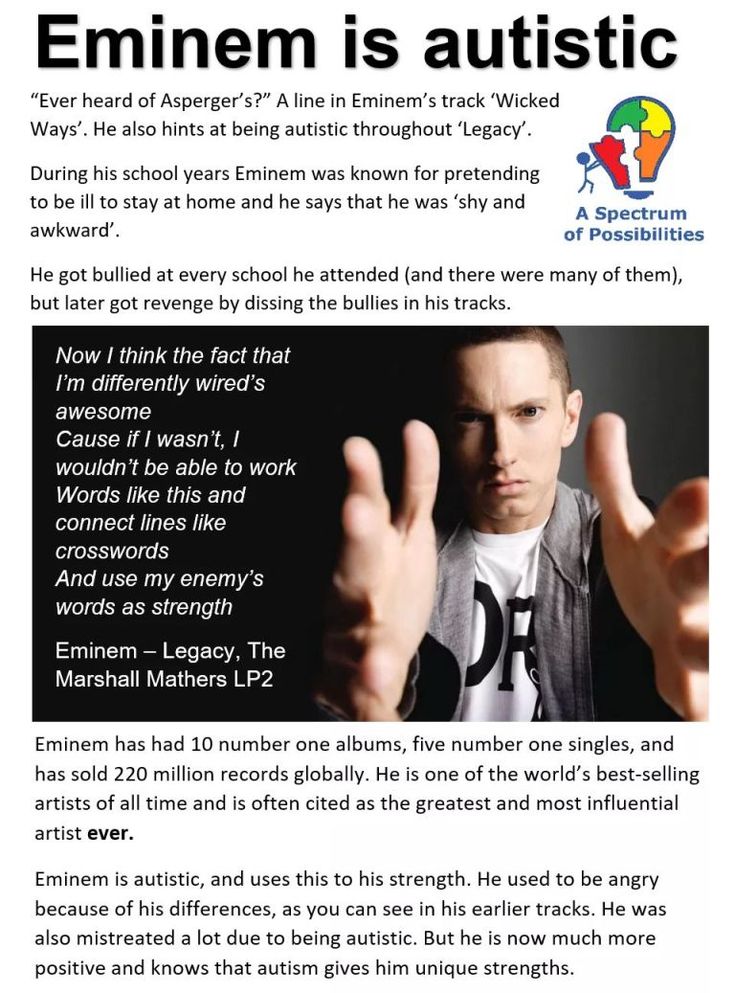 But you can pay attention to the features characteristic of autism. If you observe many of these traits in yourself and suspect that the cause is an autism spectrum disorder, you can contact a psychiatrist for a diagnosis.
But you can pay attention to the features characteristic of autism. If you observe many of these traits in yourself and suspect that the cause is an autism spectrum disorder, you can contact a psychiatrist for a diagnosis.
- You have difficulty determining what other people are thinking and feeling. By facial expressions and look, you can catch the expressed basic emotions: joy, fear, anger. But weaker and more complex feelings are not easy to identify. For example, a person is tired or offended.
- It is difficult for you to navigate in social situations: what is appropriate to say and do. Usually life experience and following the detailed patterns of behavior that you have already developed helps. Situations where experience does not help and you need to show intuition cause you anxiety.
- You have highly specialized interests and hobbies that you devote a lot of time to (special interests). They are obsessive and in this way resemble falling in love, often impractical and unusual.
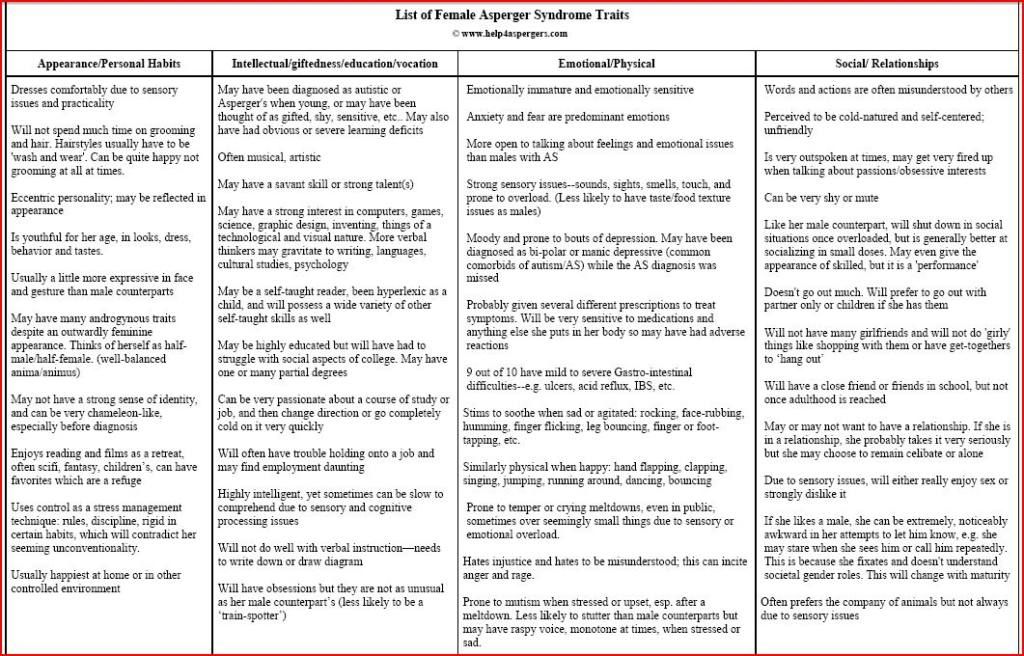 You often reduce the conversation to them and talk about them more than the interlocutor is interested in.
You often reduce the conversation to them and talk about them more than the interlocutor is interested in.
- You find it difficult to maintain eye contact with the other person. This distracts from the perception of speech and makes it difficult to understand the subject of the conversation.
- You tend to be direct and open about people and things. And resin currents, on the contrary, find it heavy and tiring. Others evaluate this as excessive directness, rudeness, or even rudeness.
- You like a clear daily routine and planning. You have rituals - repetitive actions that you do every day. You get upset or anxious if something unexpected happens that disrupts your routine or plans.
- You find it difficult to regulate your emotions and reactions to them. This can be expressed in a tendency to anxiety and / or outbursts of poorly controlled rage (meltdowns).
- You are sensitive to sensory stimuli: sound, light, touch, and so on. For example, sharp and high-pitched sounds, noise, flickering of lamps and moving objects are tiring, can disorientate, cause dizziness and even fainting.
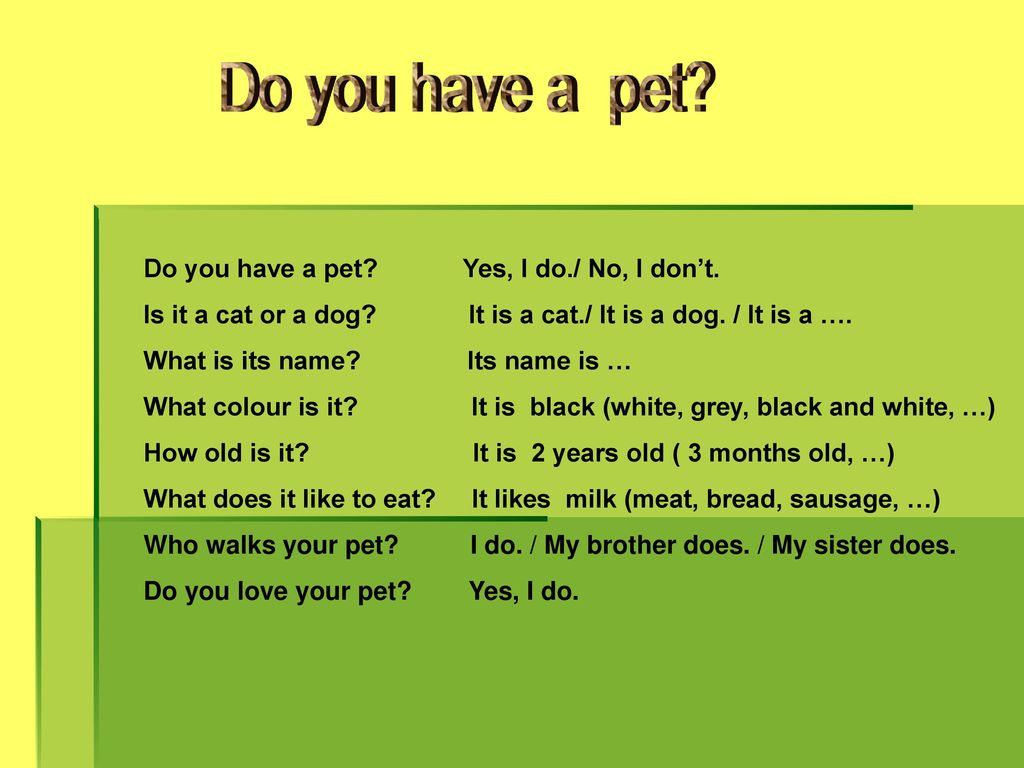 Feelings from rough fabrics, clothing tags, or some types of food can be extremely unpleasant due to the consistency.
Feelings from rough fabrics, clothing tags, or some types of food can be extremely unpleasant due to the consistency. - You speak in a flat, monotone voice with little or idiosyncratic use of facial expressions and body language. From the outside, non-verbal communication can seem detached or “eccentric.” Intonation can be described as "robot-like" or "chanting".
- You perform repetitive motor actions (stimming): rocking, swinging your leg, and so on. They are obsessive, often unconscious.
This is by no means an exhaustive list of possible signs of autism in adults. More complete versions can be read in Russian and in English.
Useful Resources
- Autism Spectrum Quotient (AQ). The shortest and simplest questionnaire that identifies autistic traits and assesses their severity. Alternative - Aspie Quiz: similar to AQ, but there are three times more questions. High scores on these tests indicate that autistic traits are present and strong, but do not guarantee that this is due to the presence of autism spectrum disorders.
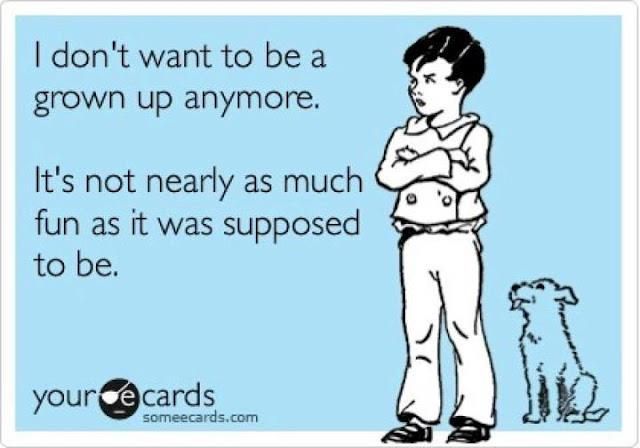 So for the diagnosis, you still need to contact a specialist.
So for the diagnosis, you still need to contact a specialist. - 100 questions about autism. The Exit Foundation collected answers from experts to the most common questions about autism spectrum disorders and useful links to articles and studies on this topic.
- Autistic City. An online encyclopedia of information about Asperger's Syndrome and Autism created by autistic people themselves. It's all about tests, self-diagnosis experiences, ASD manifestations, relationship problems and more.
- Autism research. Another useful resource from the Exit Foundation: links to quality research on autism in one place. It is convenient to navigate: the studies are divided into topics (“Diagnostics”, “Social skills”, etc.), and their annotations are translated into Russian.
- Forum for autistic people and their friends and relatives . A Russian-language forum where people with ASD recommend specialists who understand the diagnosis of ASD, publish announcements of support groups, talk about special interests and discuss problems of interaction with neurotypical people.
